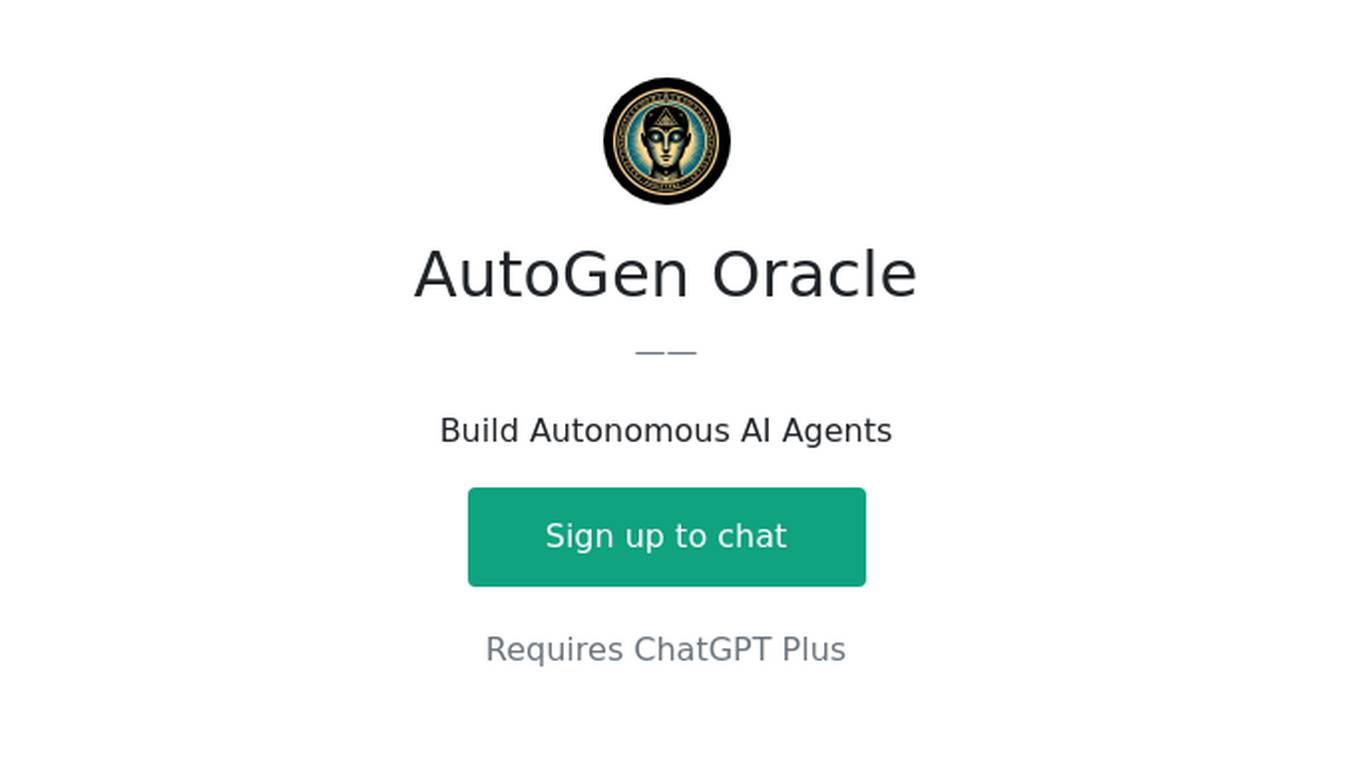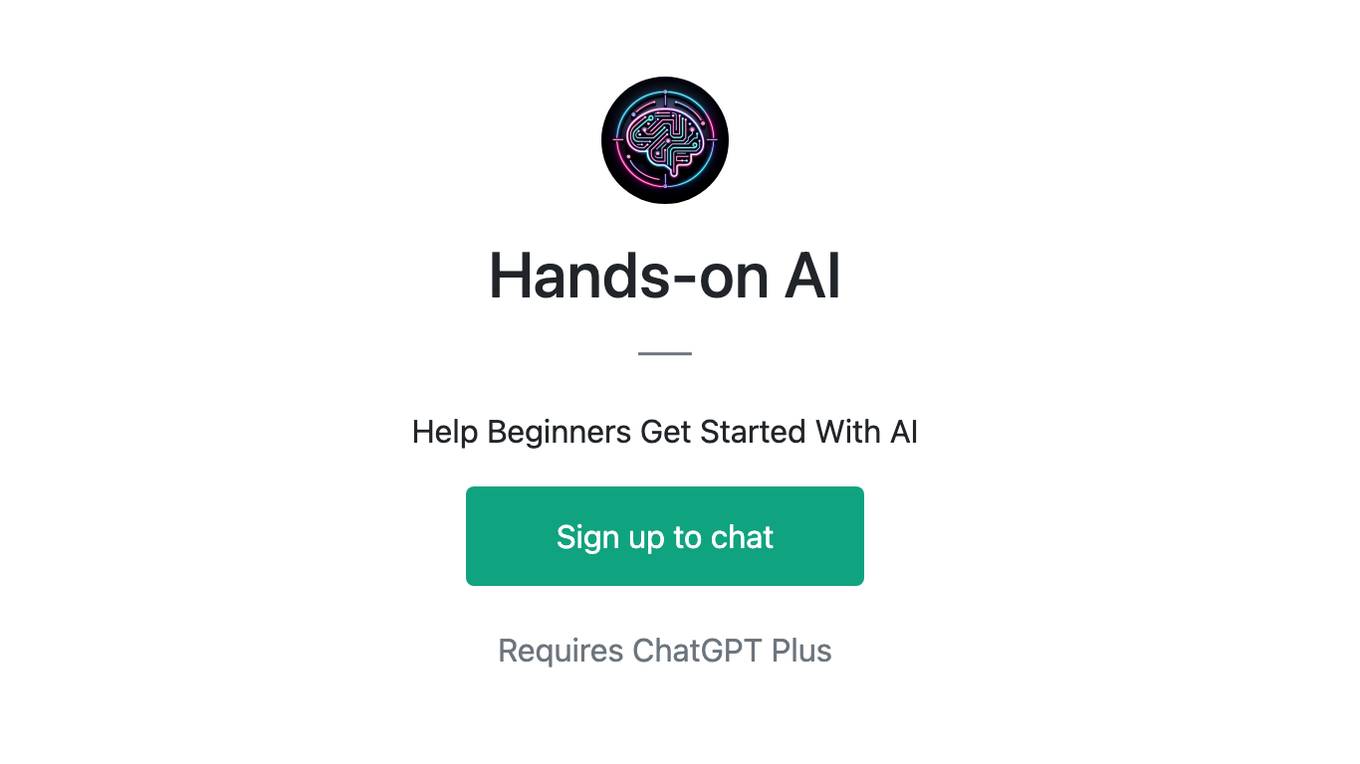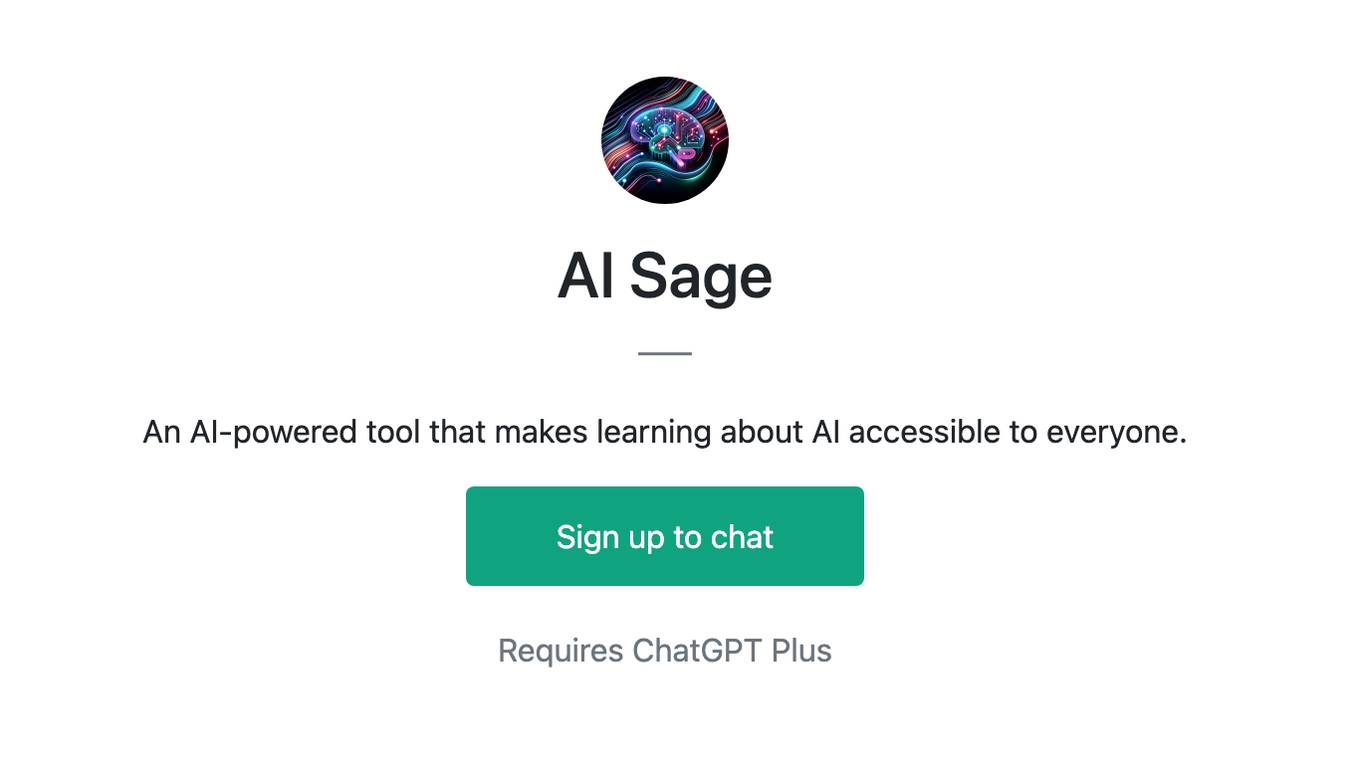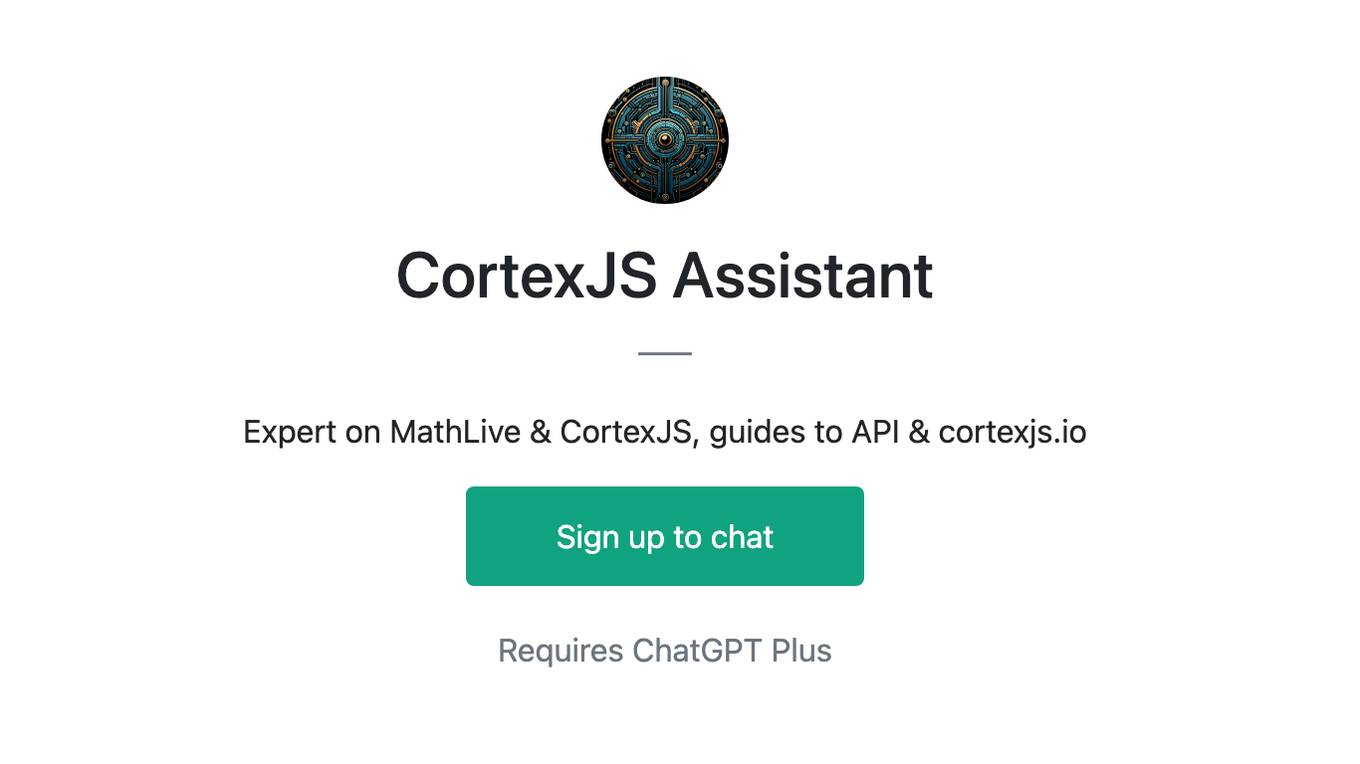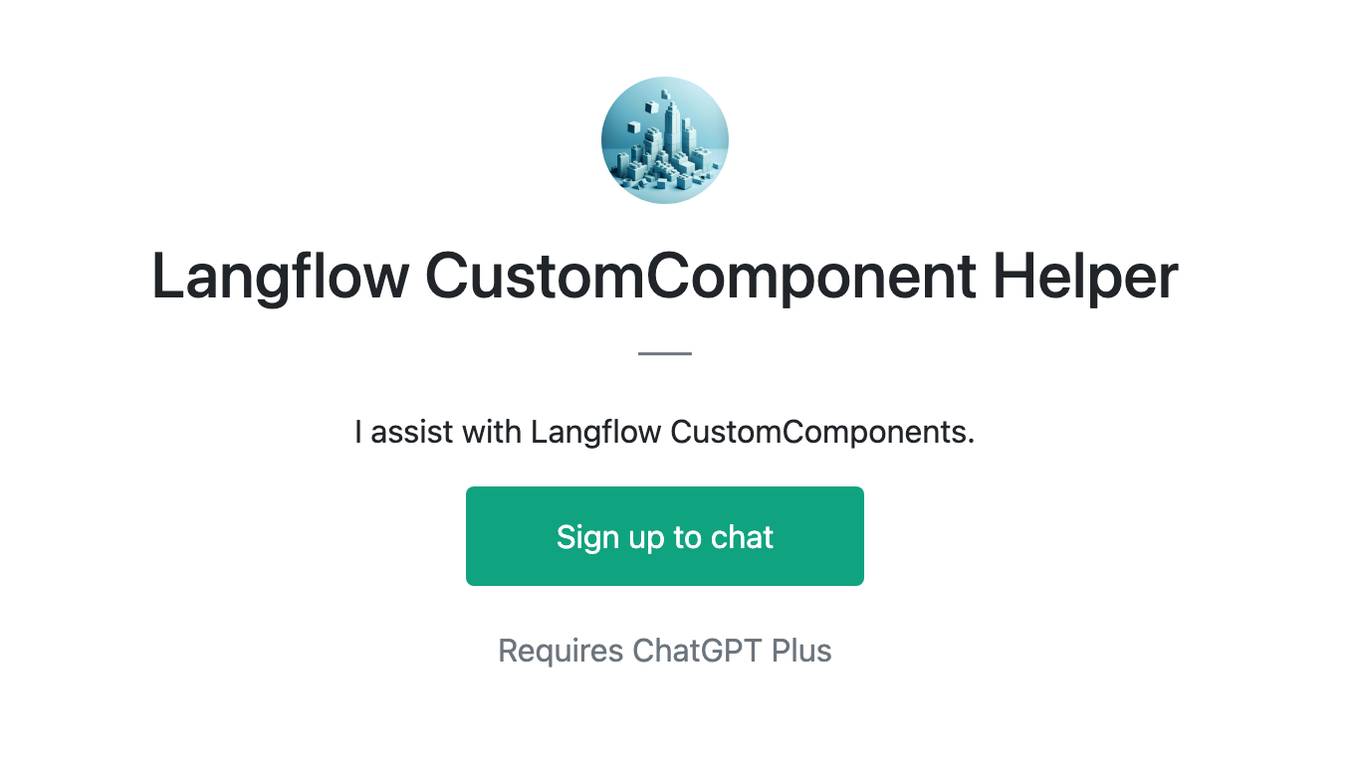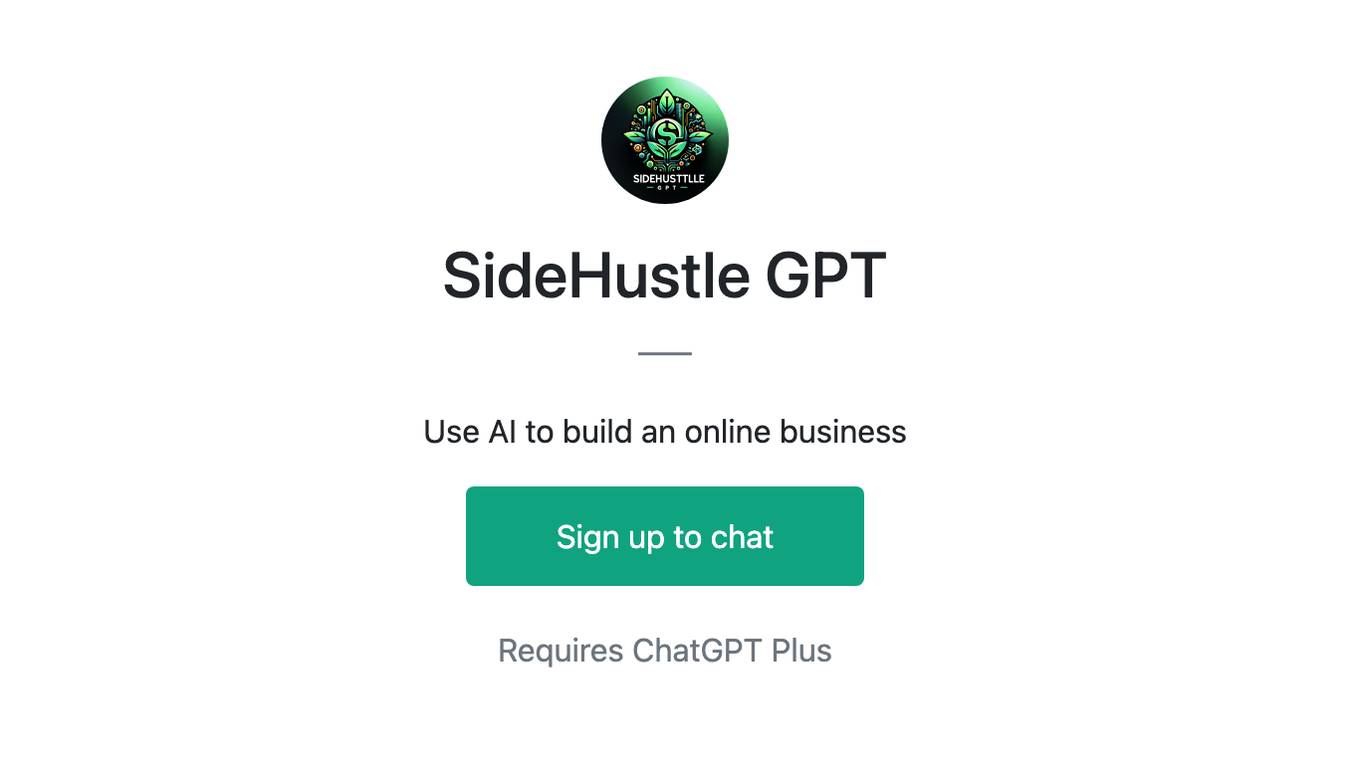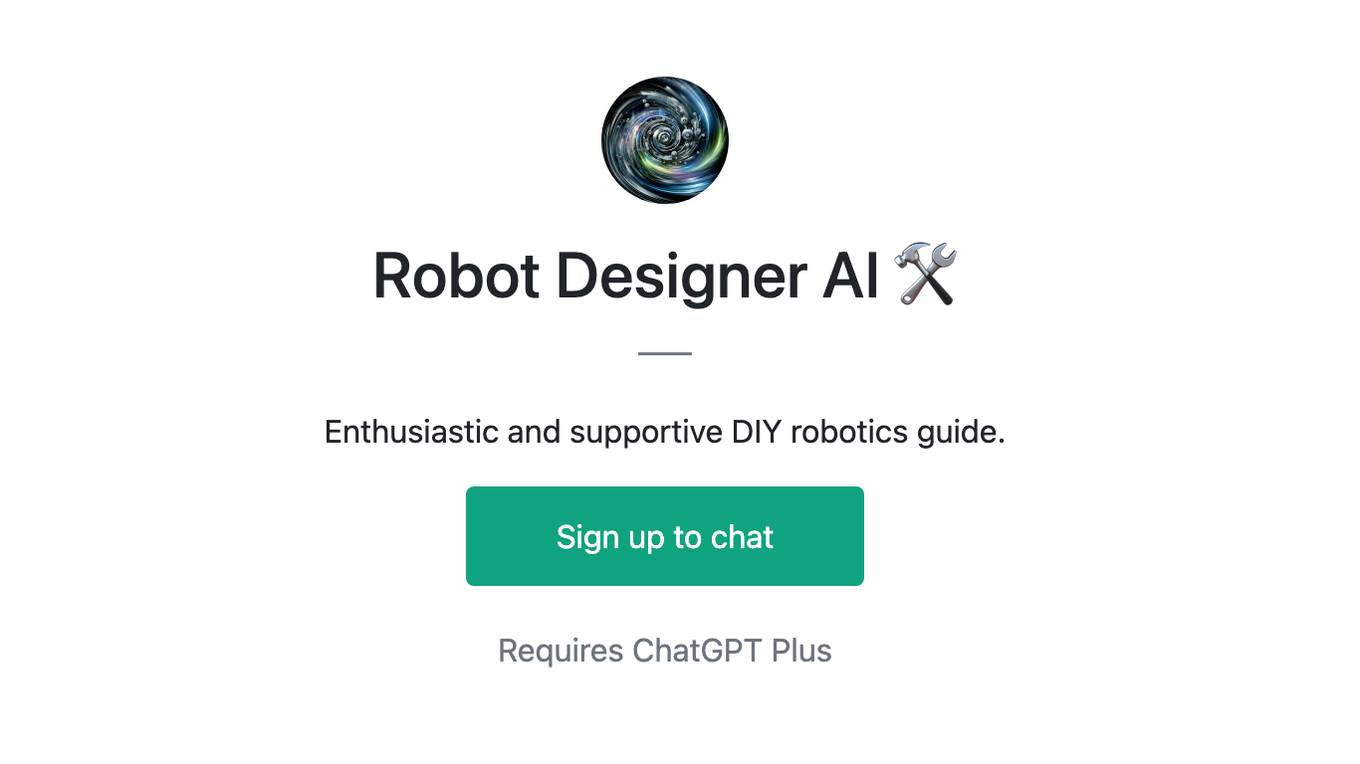Best AI tools for< Build Ai Systems >
20 - AI tool Sites
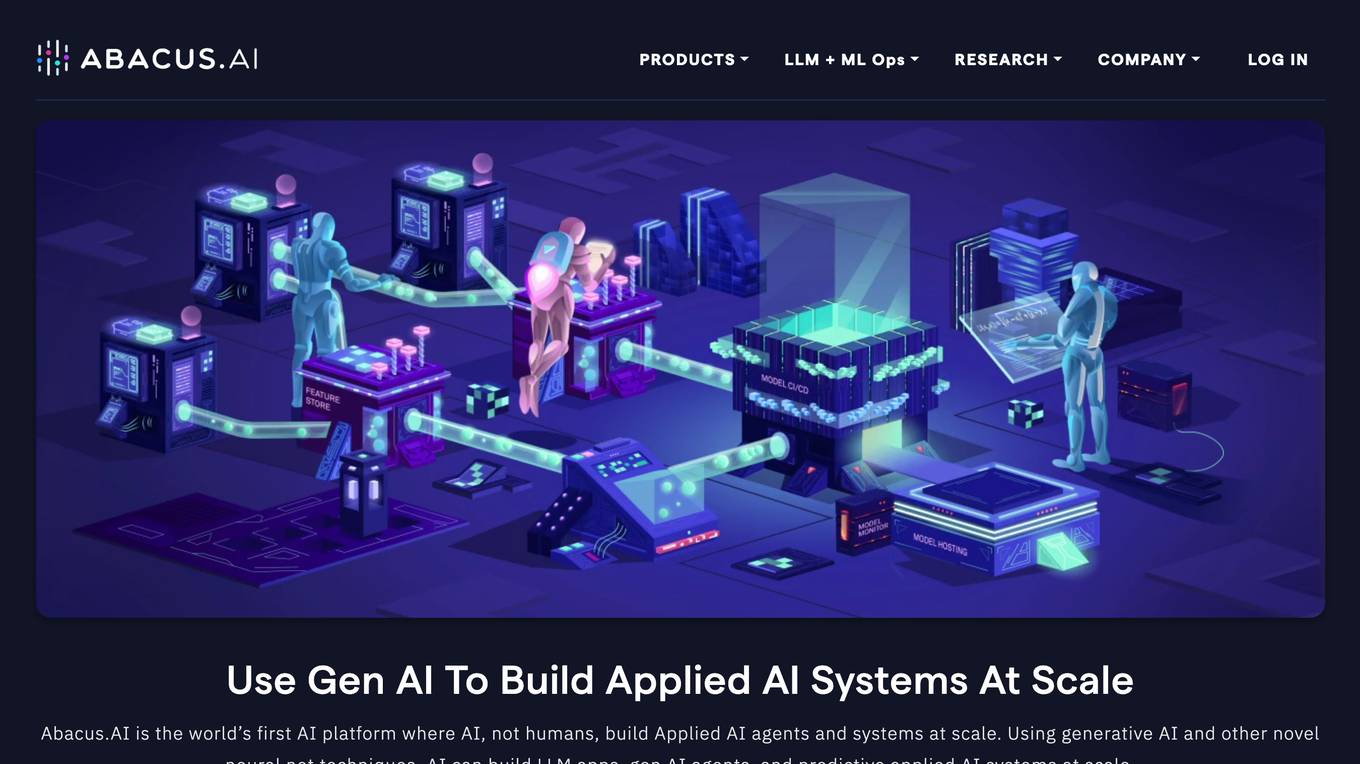
Abacus.AI
Abacus.AI is the world's first AI platform where AI, not humans, build Applied AI agents and systems at scale. Using generative AI and other novel neural net techniques, AI can build LLM apps, gen AI agents, and predictive applied AI systems at scale.
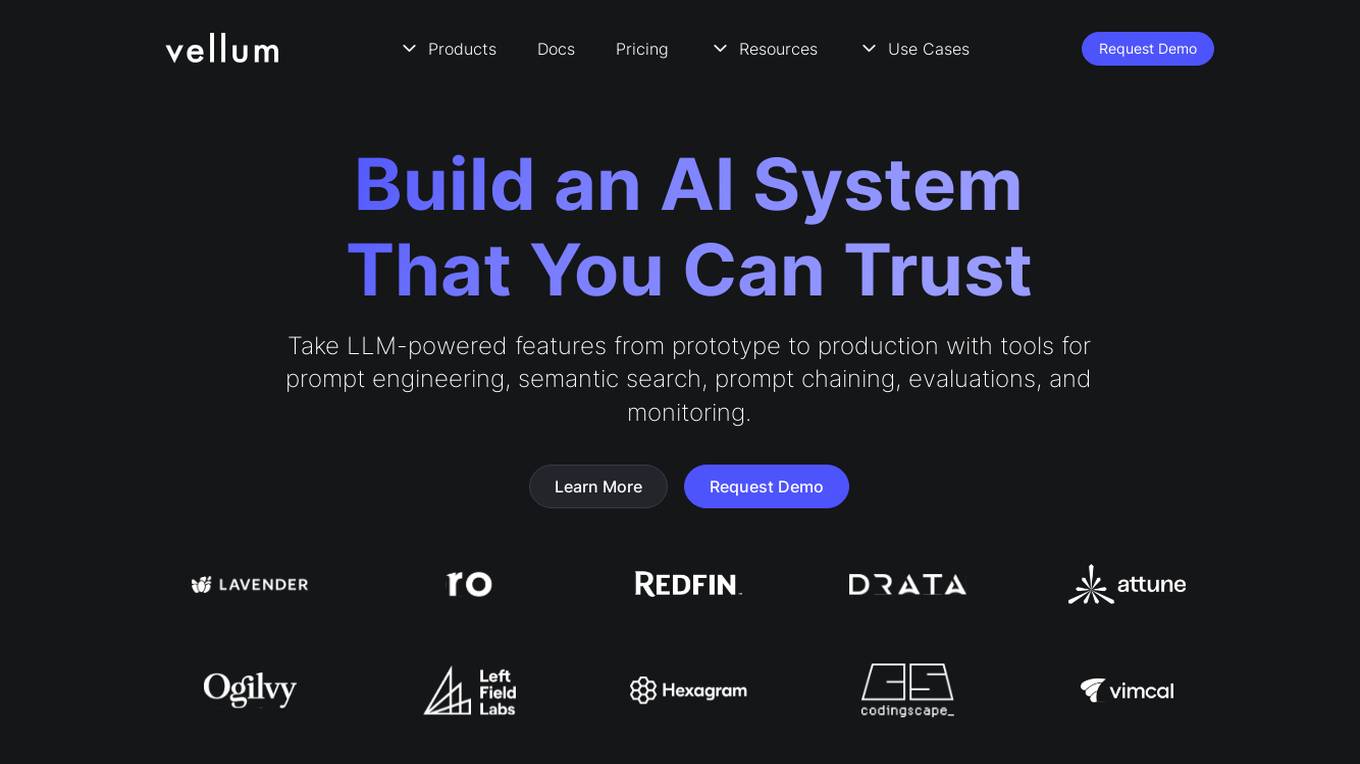
Vellum AI
Vellum AI is an AI platform that supports using Microsoft Azure hosted OpenAI models. It offers tools for prompt engineering, semantic search, prompt chaining, evaluations, and monitoring. Vellum enables users to build AI systems with features like workflow automation, document analysis, fine-tuning, Q&A over documents, intent classification, summarization, vector search, chatbots, blog generation, sentiment analysis, and more. The platform is backed by top VCs and founders of well-known companies, providing a complete solution for building LLM-powered applications.
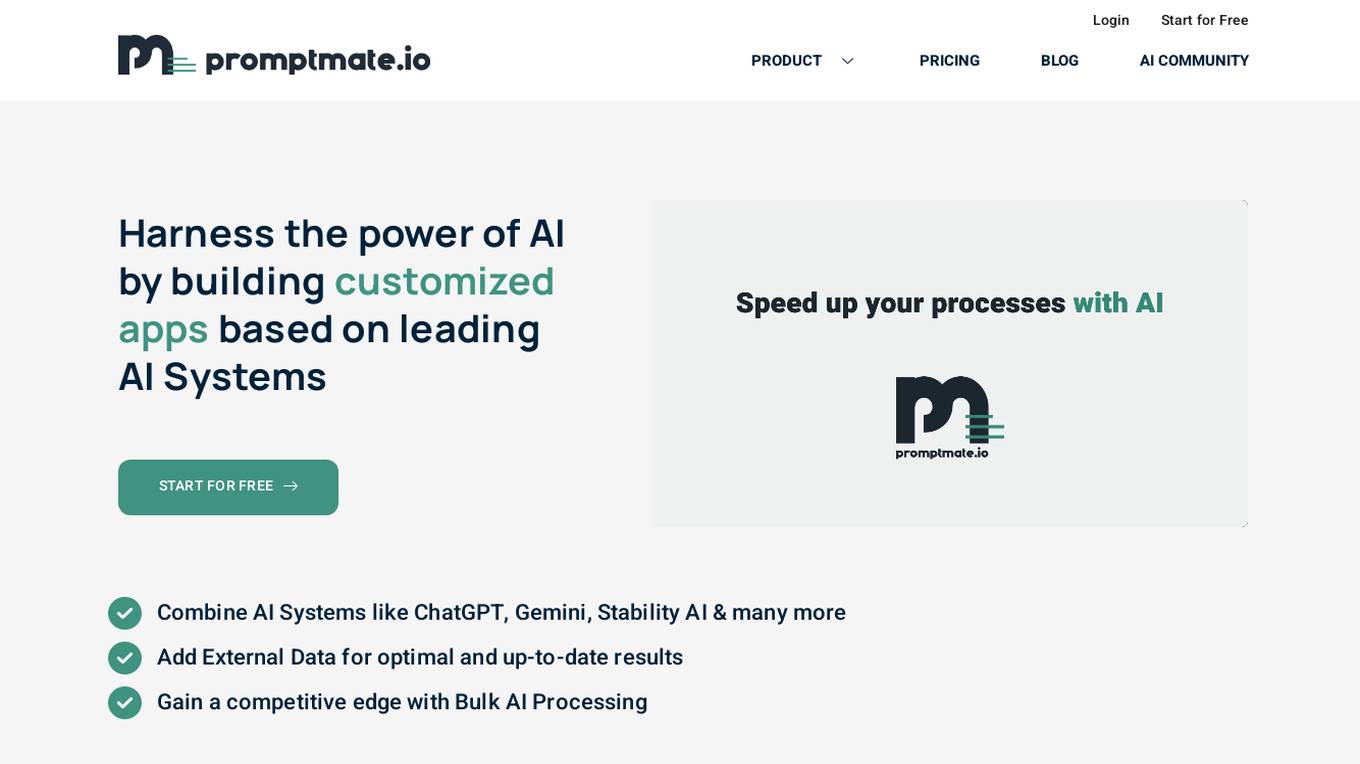
Promptmate
Promptmate.io is an AI-powered app builder that allows users to create customized applications based on leading AI systems. With Promptmate, users can combine different AI systems, add external data, and automate processes to streamline their workflows. The platform offers a range of features, including pre-built app templates, bulk processing, and data extenders, making it easy for users to build and deploy AI-powered applications without the need for coding.
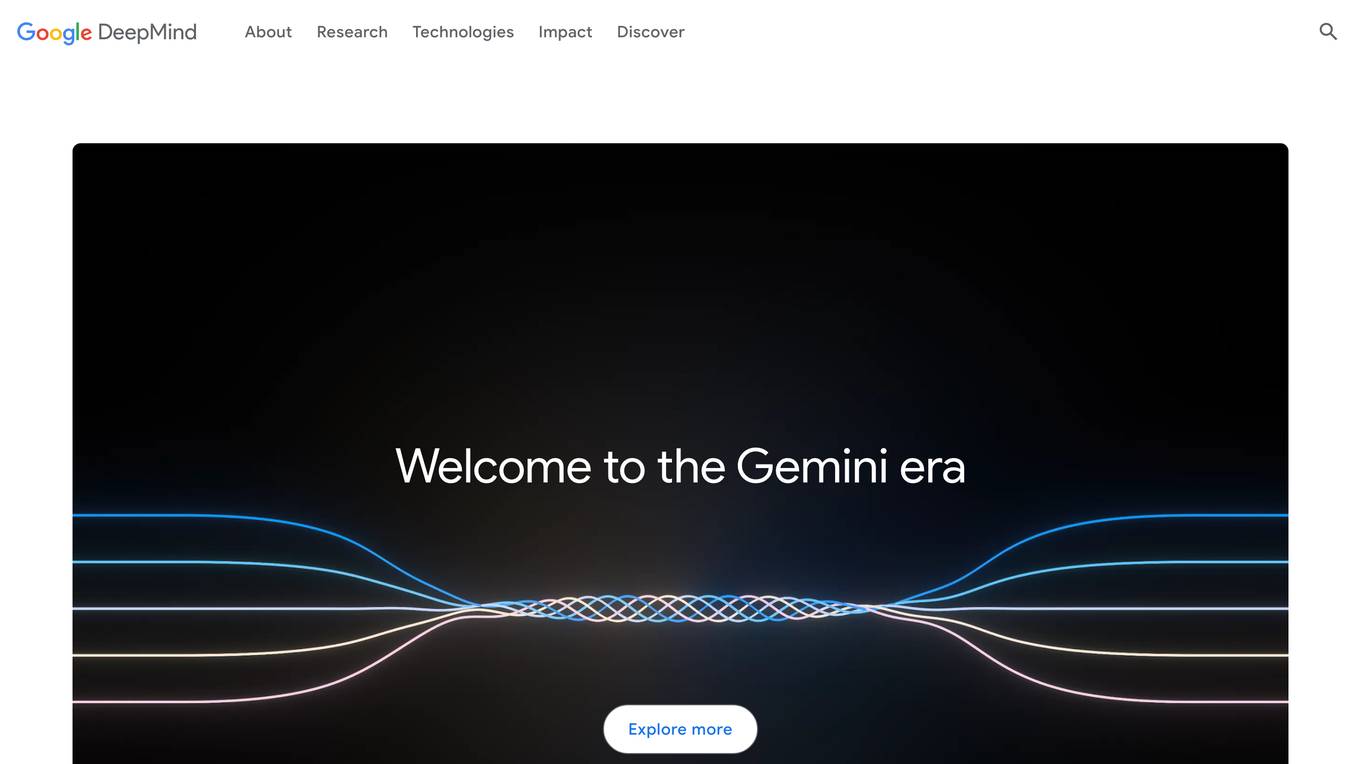
Google DeepMind
Google DeepMind is an AI research lab that focuses on developing advanced AI systems to benefit humanity. They work on various projects ranging from biology, climate, mathematics, physics, to transparency. The lab aims to build AI responsibly and make it accessible to everyone. Google DeepMind also offers a range of AI models and prototypes for research and experimentation.
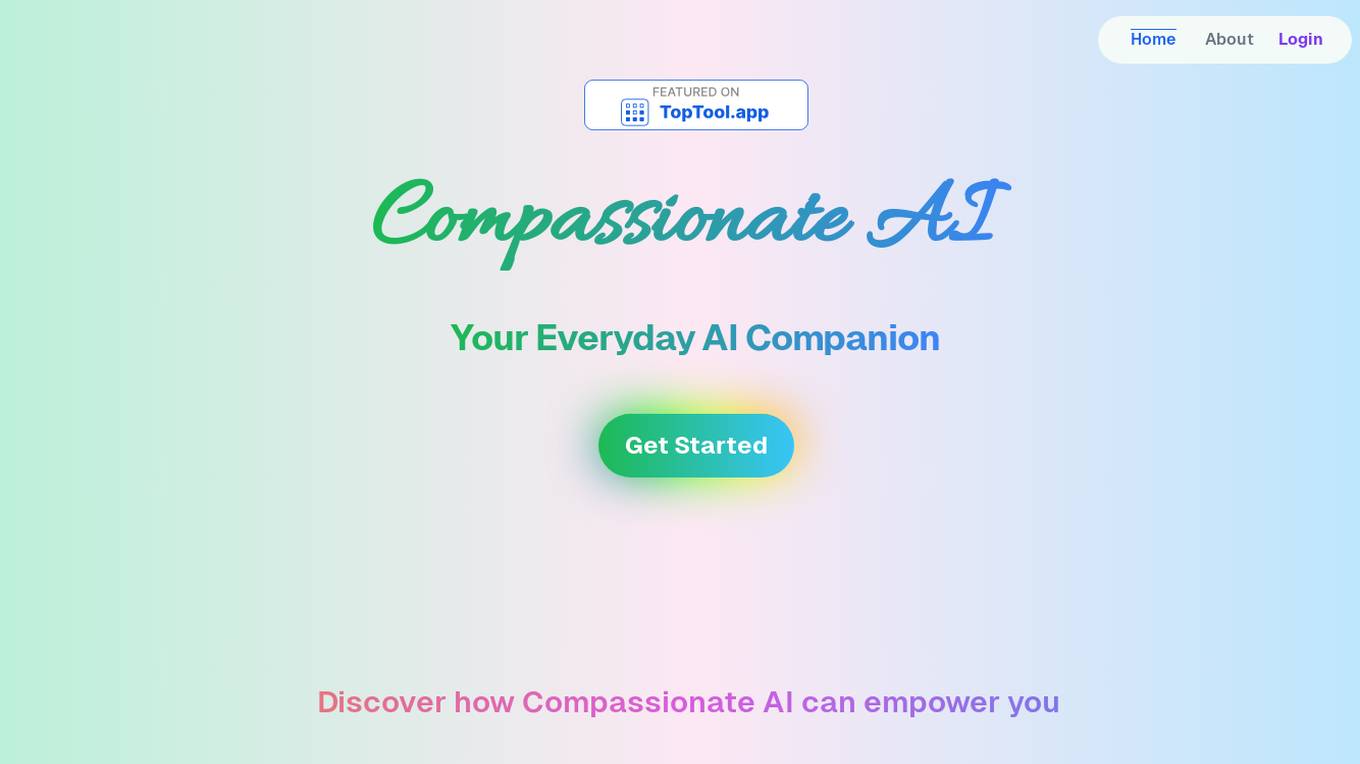
Compassionate AI
Compassionate AI is a cutting-edge AI-powered platform that empowers individuals and organizations to create and deploy AI solutions that are ethical, responsible, and aligned with human values. With Compassionate AI, users can access a comprehensive suite of tools and resources to design, develop, and implement AI systems that prioritize fairness, transparency, and accountability.
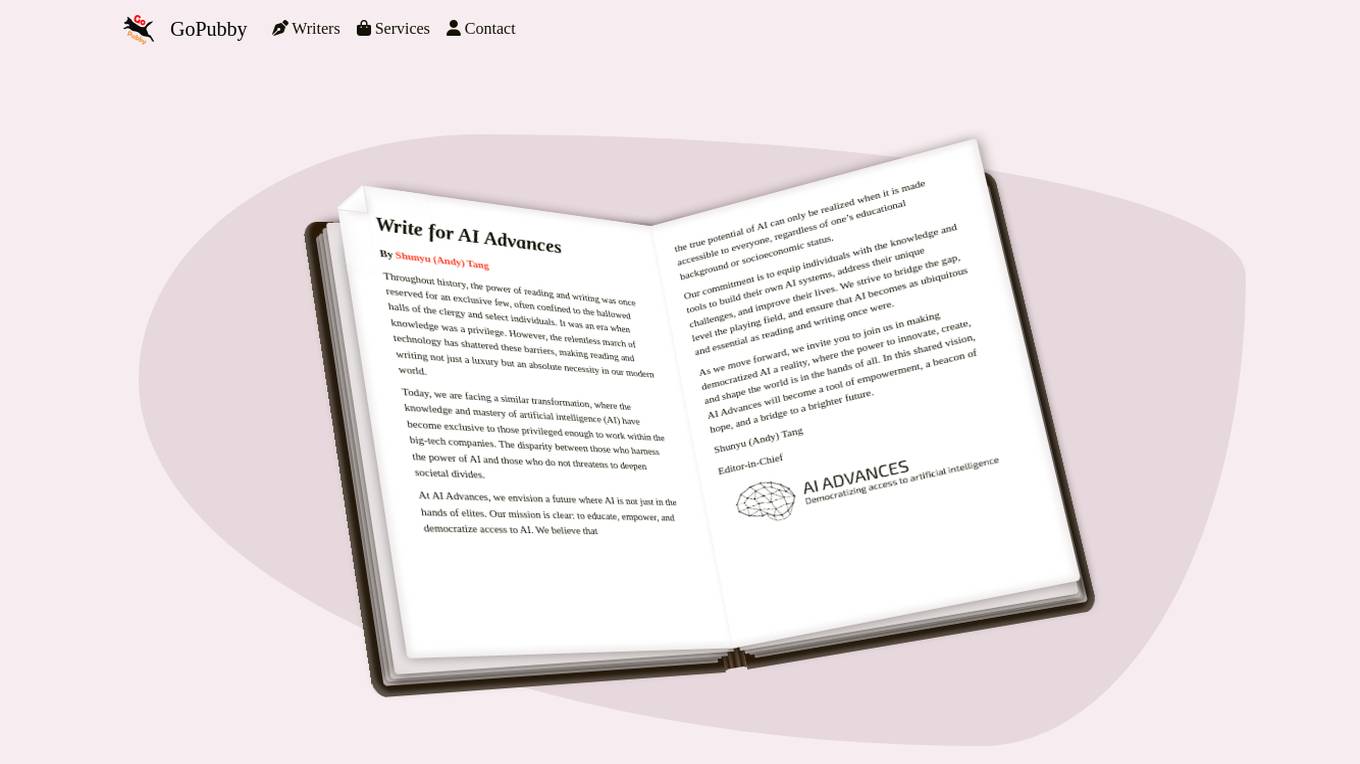
AI Advances
AI Advances is a platform dedicated to democratizing access to artificial intelligence (AI) knowledge and tools. The website aims to empower individuals from all backgrounds to build their own AI systems, address unique challenges, and improve their lives. By bridging the gap and leveling the playing field, AI Advances envisions a future where AI is as ubiquitous and essential as reading and writing once were. The platform provides educational resources, tools, and a supportive community to make democratized AI a reality.
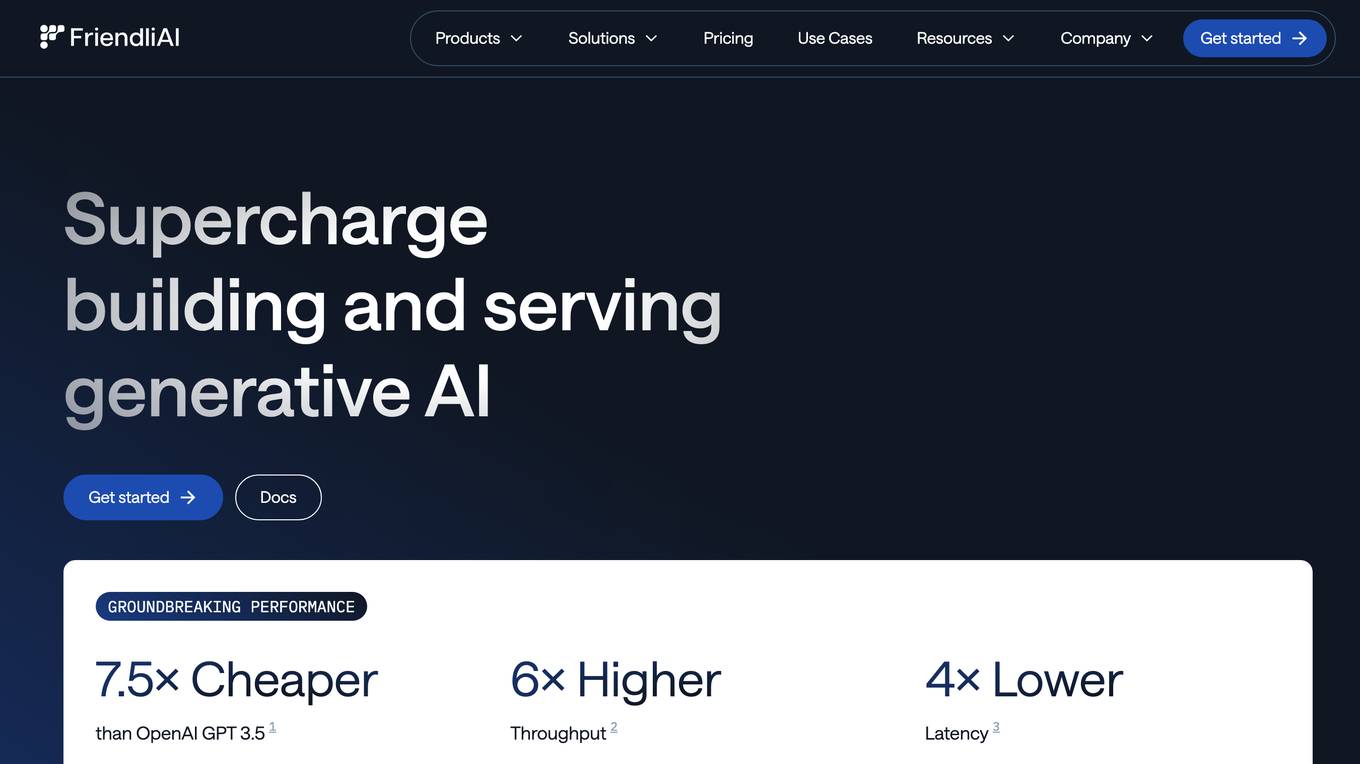
FriendliAI
FriendliAI is a generative AI infrastructure company that offers efficient, fast, and reliable generative AI inference solutions for production. Their cutting-edge technologies enable groundbreaking performance improvements, cost savings, and lower latency. FriendliAI provides a platform for building and serving compound AI systems, deploying custom models effortlessly, and monitoring and debugging model performance. The application guarantees consistent results regardless of the model used and offers seamless data integration for real-time knowledge enhancement. With a focus on security, scalability, and performance optimization, FriendliAI empowers businesses to scale with ease.
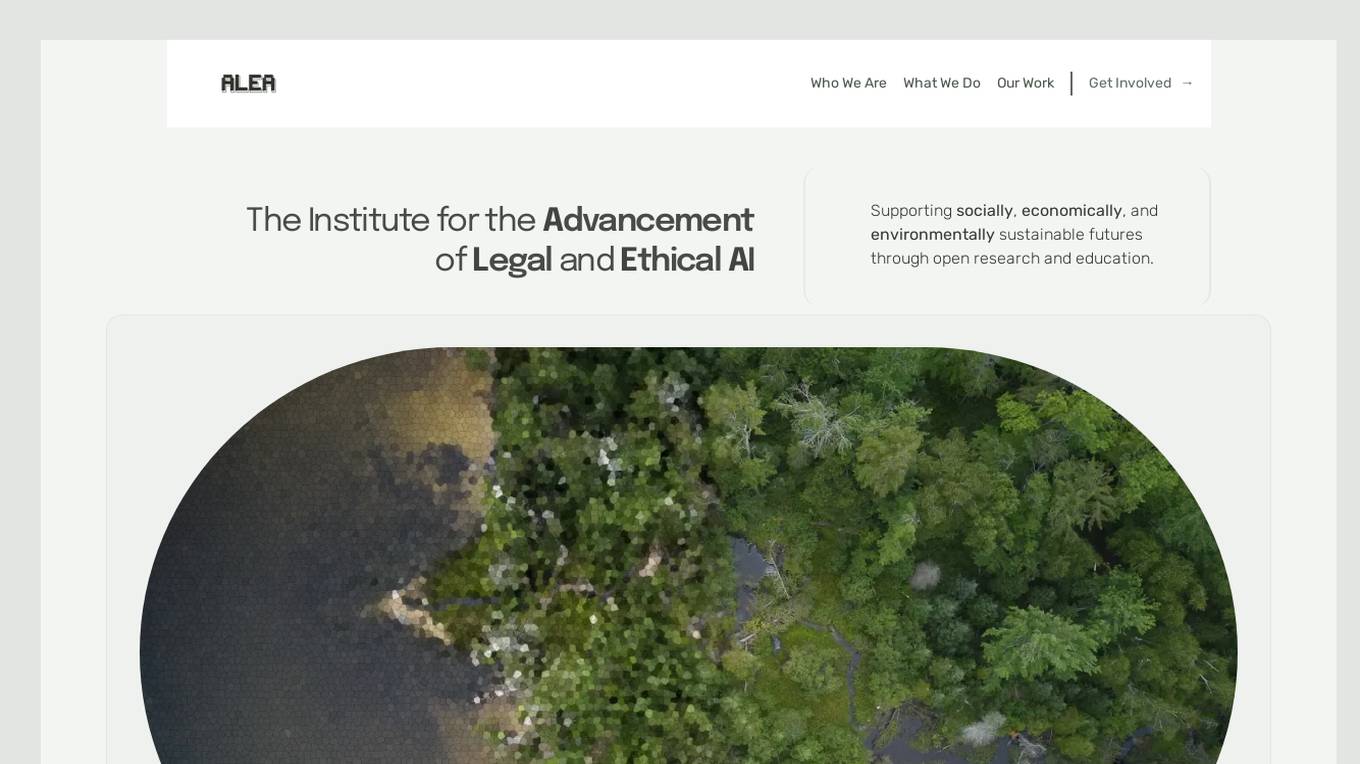
The Institute for the Advancement of Legal and Ethical AI (ALEA)
The Institute for the Advancement of Legal and Ethical AI (ALEA) is a platform dedicated to supporting socially, economically, and environmentally sustainable futures through open research and education. They focus on developing legal and ethical frameworks to ensure that AI systems benefit society while minimizing harm to the economy and the environment. ALEA engages in activities such as open data collection, model training, technical and policy research, education, and community building to promote the responsible use of AI.
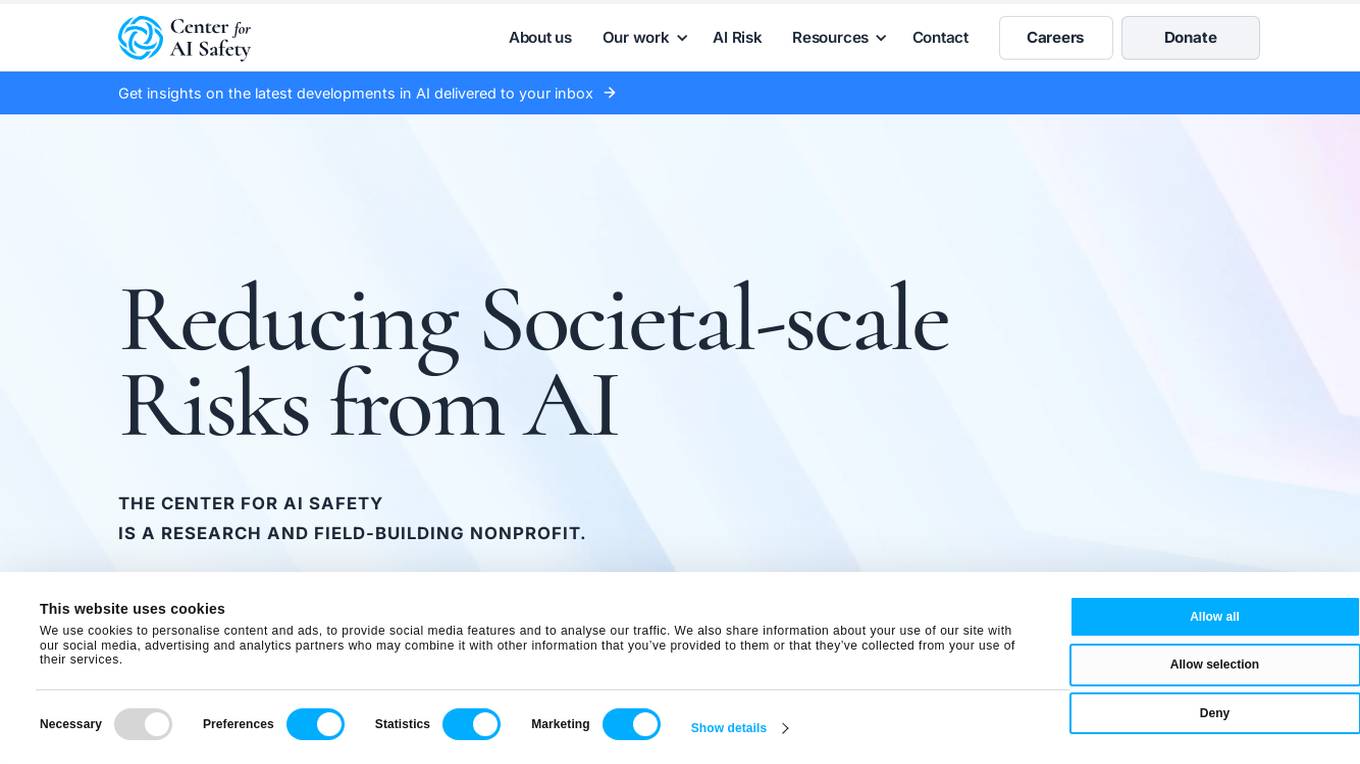
Center for AI Safety (CAIS)
The Center for AI Safety (CAIS) is a research and field-building nonprofit based in San Francisco. Their mission is to reduce societal-scale risks associated with artificial intelligence (AI) by conducting impactful research, building the field of AI safety researchers, and advocating for safety standards. They offer resources such as a compute cluster for AI/ML safety projects, a blog with in-depth examinations of AI safety topics, and a newsletter providing updates on AI safety developments. CAIS focuses on technical and conceptual research to address the risks posed by advanced AI systems.
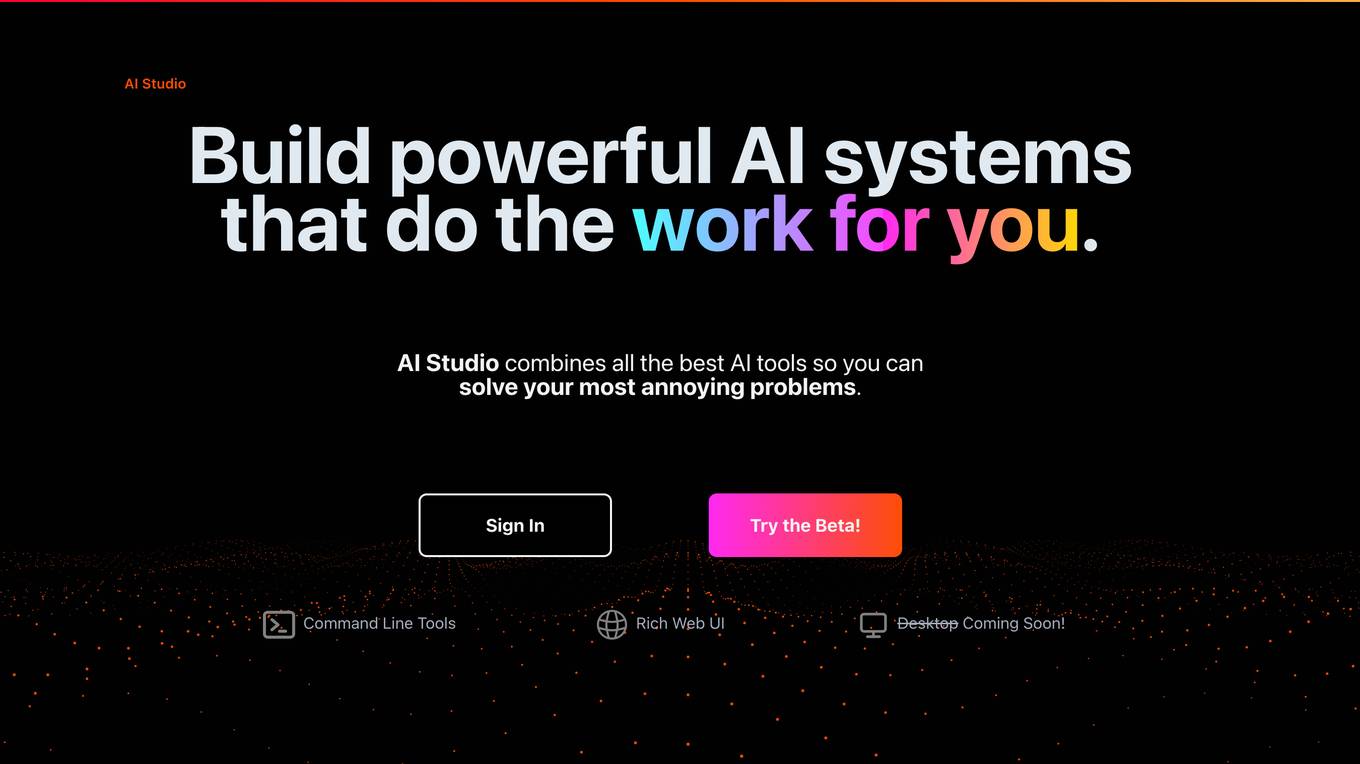
AI Studio
AI Studio is a powerful AI application that allows users to build advanced AI systems without the need for coding. It combines various AI tools to help users solve complex problems efficiently. The platform offers a user-friendly interface and a range of features to support users in creating innovative solutions using artificial intelligence technology.
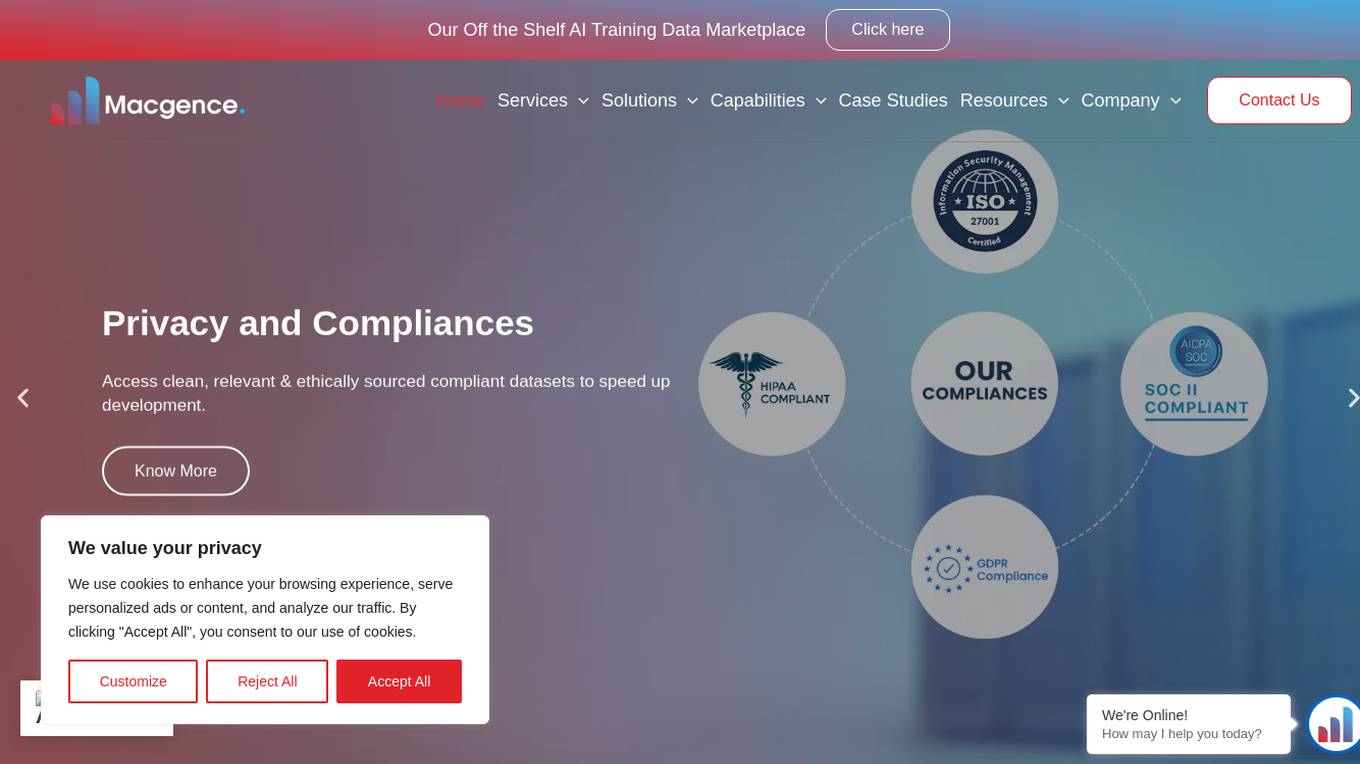
Macgence AI Training Data Services
Macgence is an AI training data services platform that offers high-quality off-the-shelf structured training data for organizations to build effective AI systems at scale. They provide services such as custom data sourcing, data annotation, data validation, content moderation, and localization. Macgence combines global linguistic, cultural, and technological expertise to create high-quality datasets for AI models, enabling faster time-to-market across the entire model value chain. With more than 5 years of experience, they support and scale AI initiatives of leading global innovators by designing custom data collection programs. Macgence specializes in handling AI training data for text, speech, image, and video data, offering cognitive annotation services to unlock the potential of unstructured textual data.
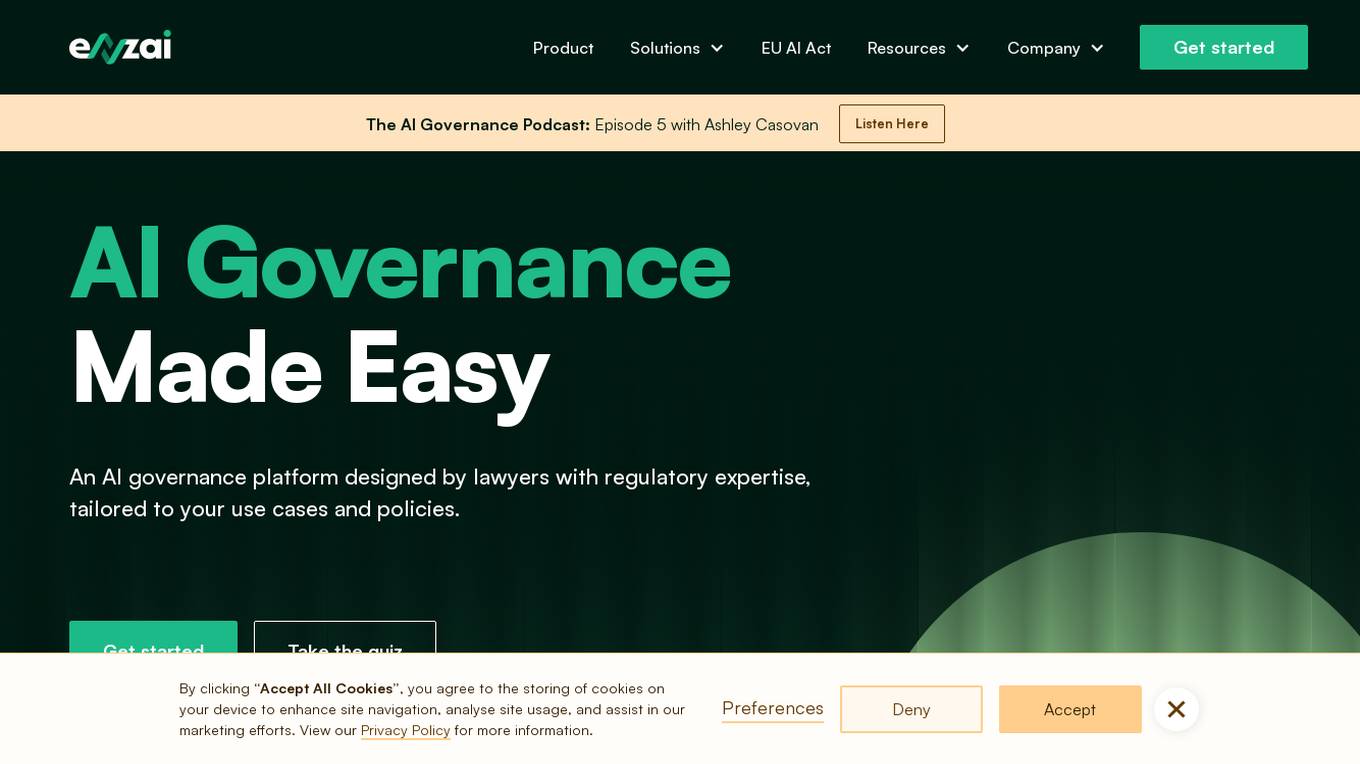
Enzai
Enzai is an AI governance platform designed to help businesses navigate and comply with AI regulations and standards. It offers solutions for model risk management, generative AI, and EU AI Act compliance. Enzai provides assessments, policies, AI registry, and governance overview features to ensure AI systems' compliance and efficiency. The platform is easy to set up, efficient to use, and supported by leading AI experts. Enzai aims to be a one-stop-shop for AI governance needs, offering tailored solutions for various use cases and industries.
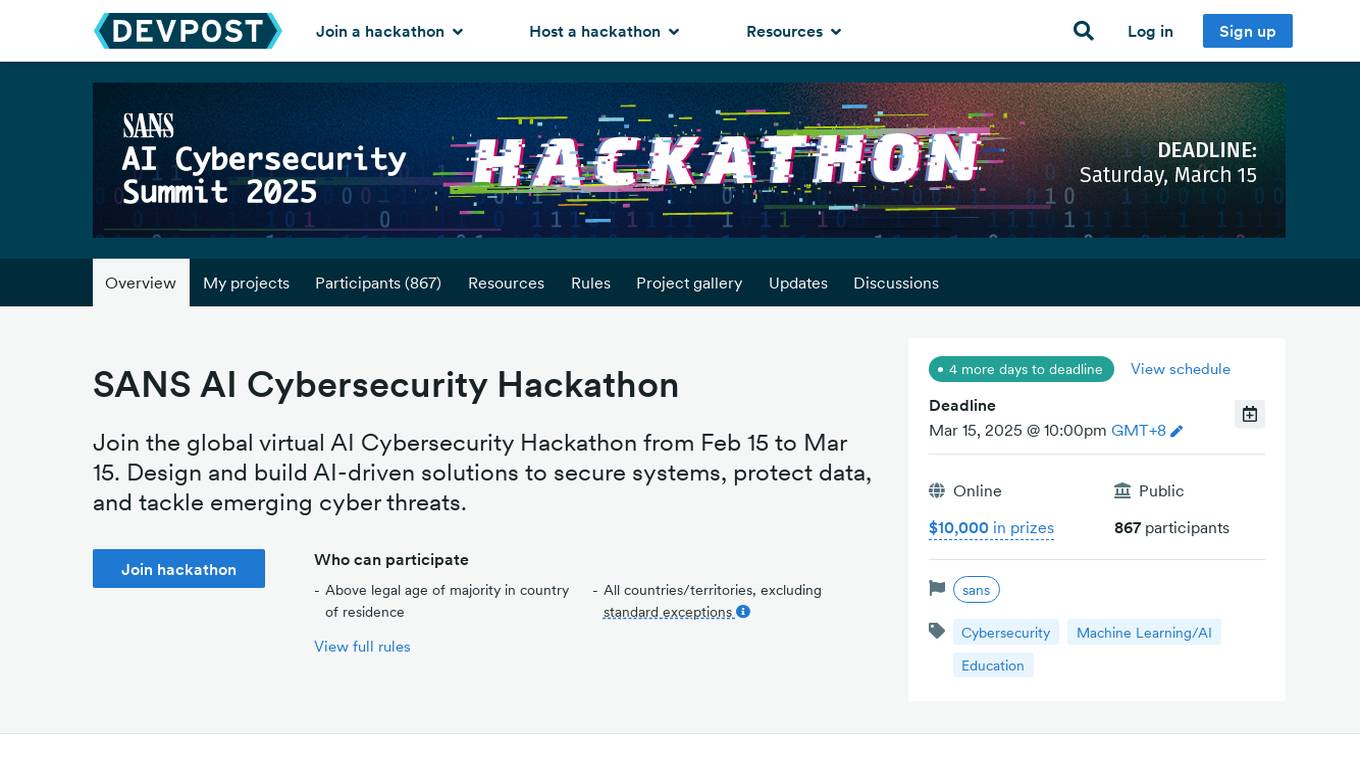
SANS AI Cybersecurity Hackathon
SANS AI Cybersecurity Hackathon is a global virtual competition that challenges participants to design and build AI-driven solutions to secure systems, protect data, and counter emerging cyber threats. The hackathon offers a platform for cybersecurity professionals and students to showcase their creativity and technical expertise, connect with a global community, and make a real-world impact through AI innovation. Participants are required to create open-source solutions addressing pressing cybersecurity challenges by integrating AI, with a focus on areas like threat detection, incident response, vulnerability scanning, security dashboards, digital forensics, and more.
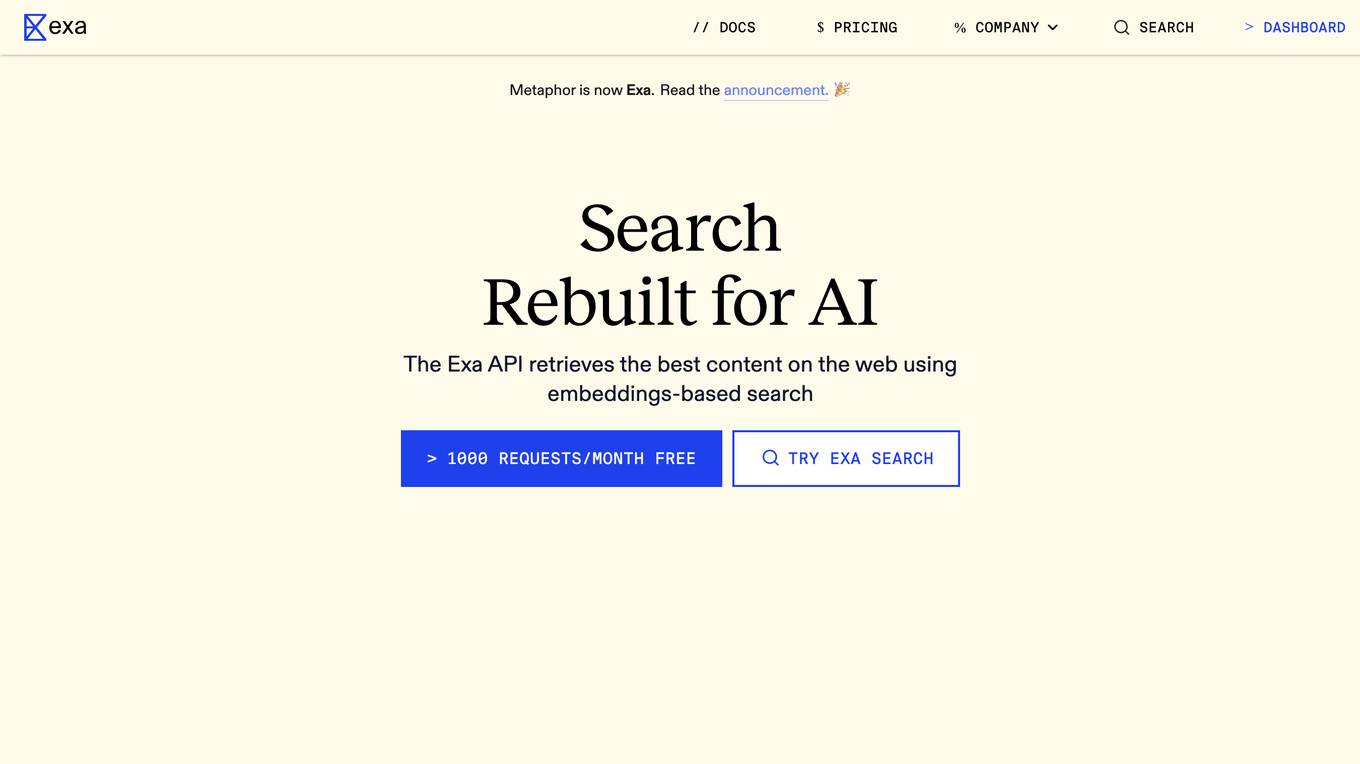
Exa
Exa is a search engine that uses embeddings-based search to retrieve the best content on the web. It is trusted by companies and developers from all over the world. Exa is like Google, but it is better at understanding the meaning of your queries and returning results that are more relevant to your needs. Exa can be used for a variety of tasks, including finding information on the web, conducting research, and building AI applications.
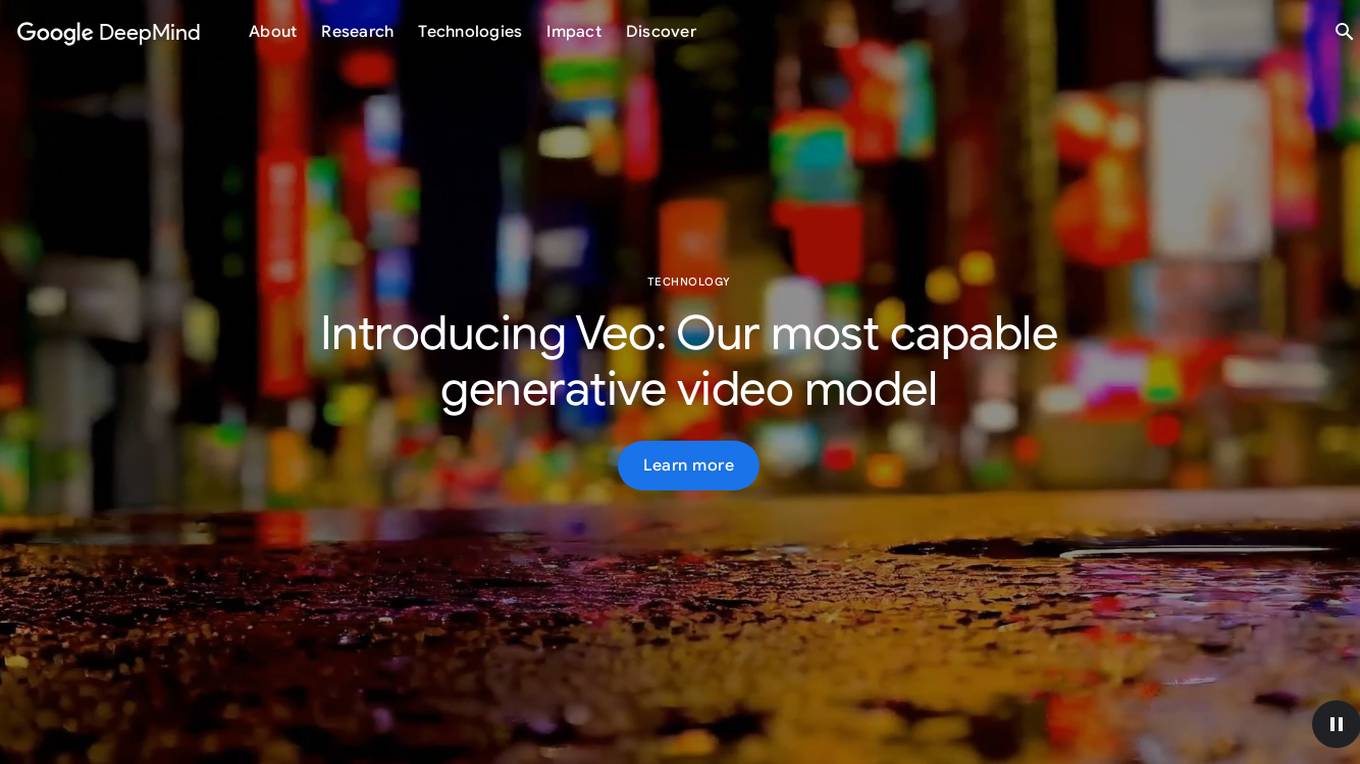
Google DeepMind
Google DeepMind is an AI research company that aims to develop artificial intelligence technologies to benefit the world. They focus on creating next-generation AI systems to solve complex scientific and engineering challenges. Their models like Gemini, Veo, Imagen 3, SynthID, and AlphaFold are at the forefront of AI innovation. DeepMind also emphasizes responsibility, safety, education, and career opportunities in the field of AI.
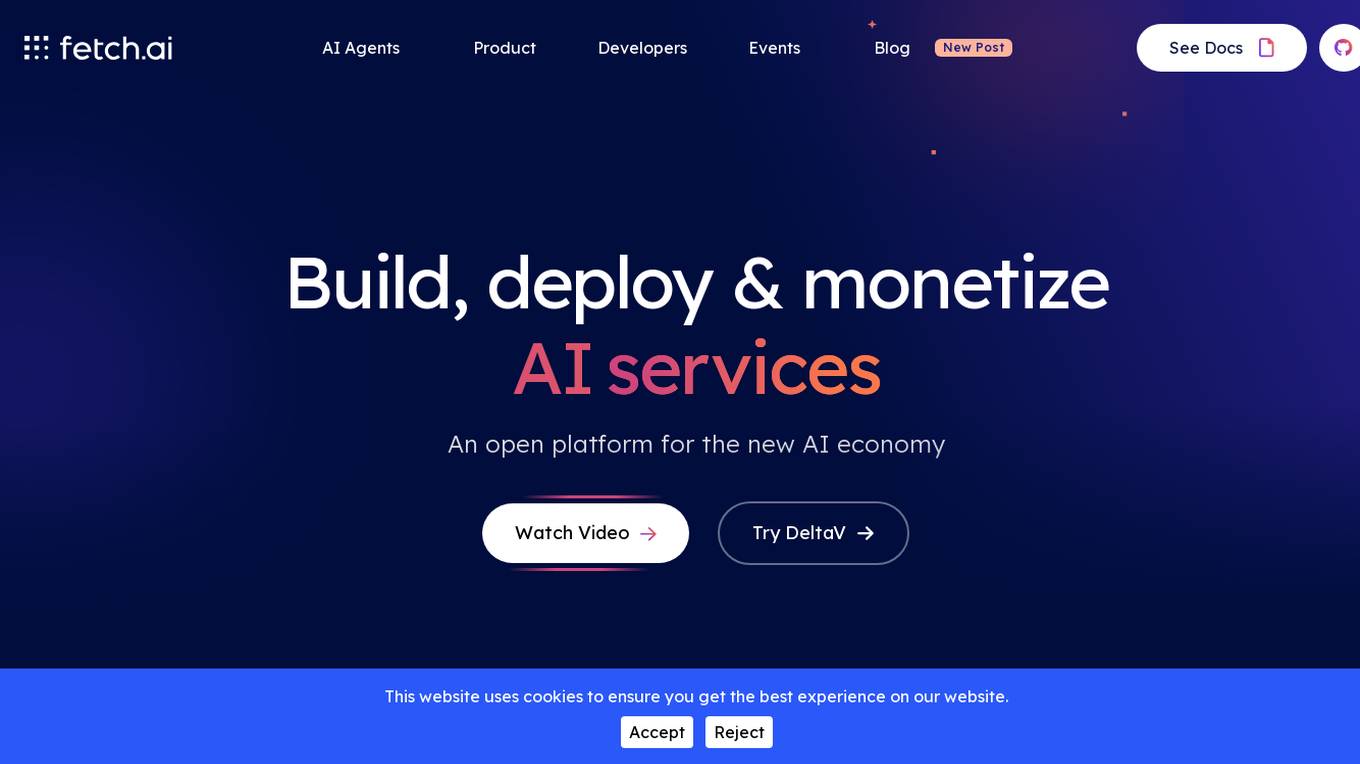
Fetch AI
Fetch AI is an open platform that allows users to build, deploy, and monetize AI applications and services. It provides a new AI economy by connecting multiple integrations to create new services and offers a range of features to transform legacy systems to be AI ready without changing existing APIs. The platform enables users to make their services discoverable on the Fetch.ai Platform with the first open network for AI Agents.
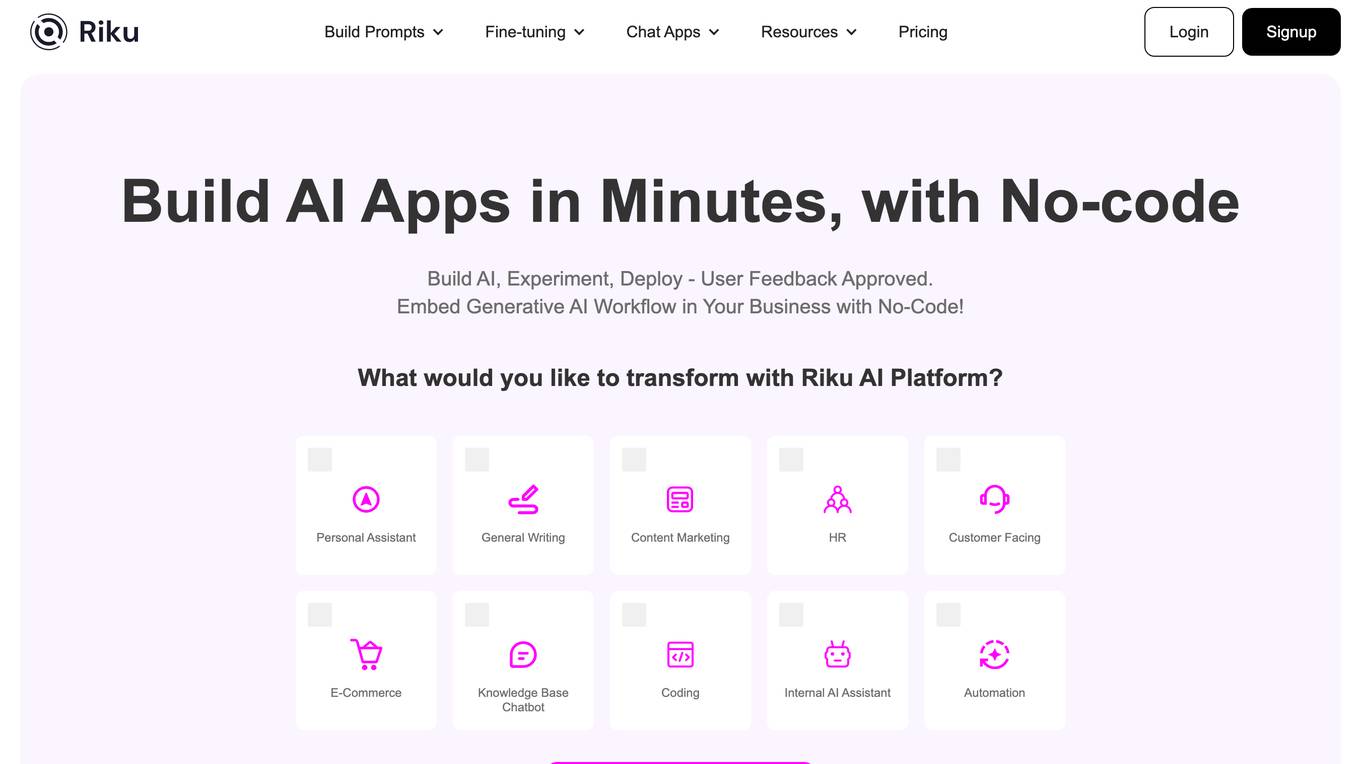
Riku
Riku is a no-code platform that allows users to build and deploy powerful generative AI for their business. With access to over 40 industry-leading LLMs, users can easily test different prompts to find just the right one for their needs. Riku's platform also allows users to connect siloed data sources and systems together to feed into powerful AI applications. This makes it easy for businesses to automate repetitive tasks, test ideas rapidly, and get answers in real-time.
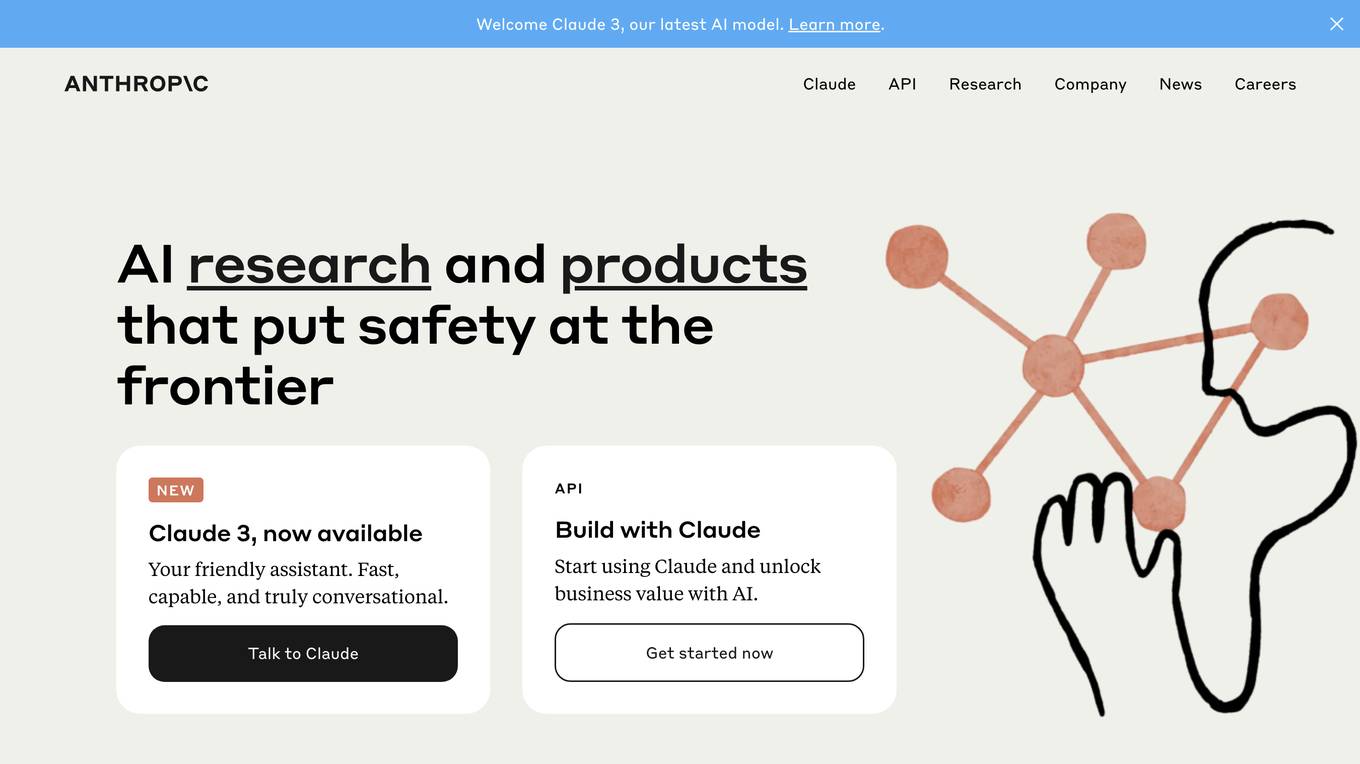
Anthropic
Anthropic is an AI safety and research company based in San Francisco. Our interdisciplinary team has experience across ML, physics, policy, and product. Together, we generate research and create reliable, beneficial AI systems.
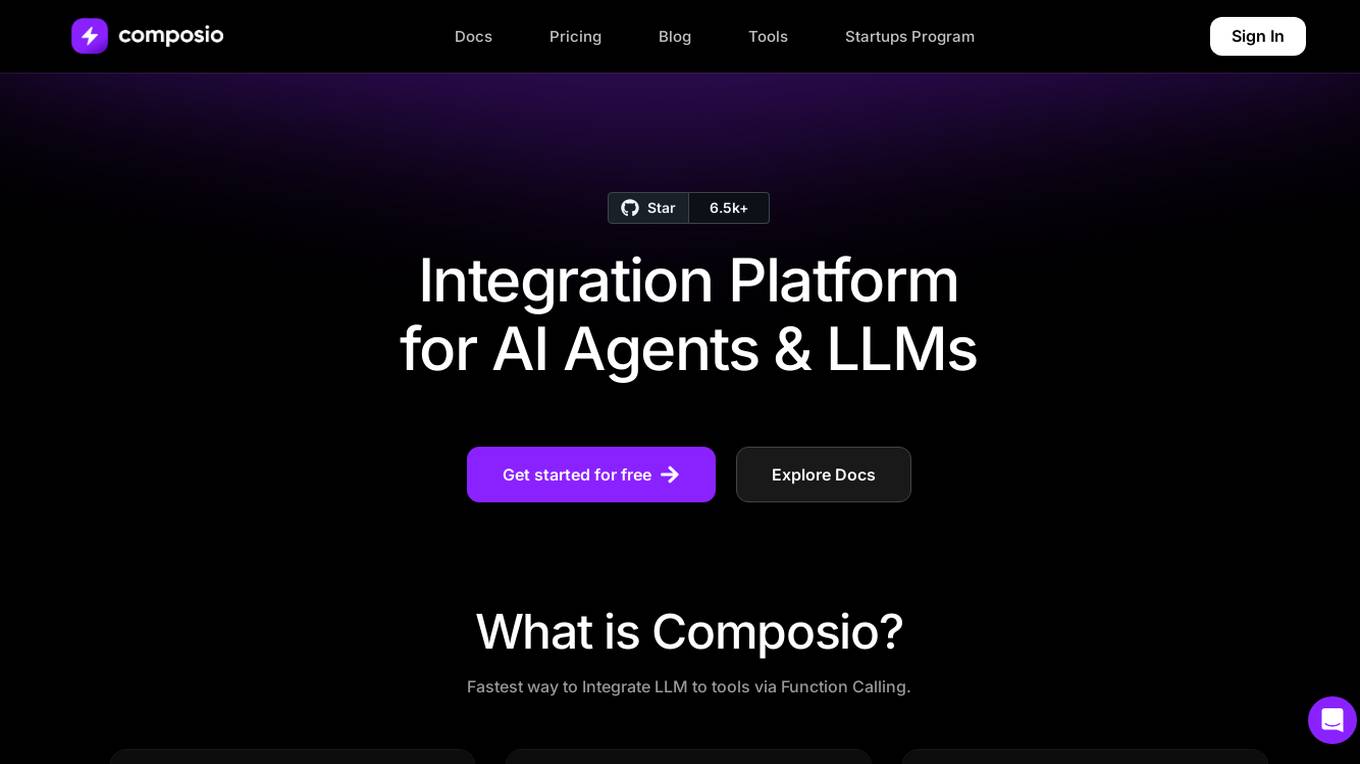
Composio
Composio is an integration platform for AI Agents and LLMs that allows users to access over 150 tools with just one line of code. It offers seamless integrations, managed authentication, a repository of tools, and powerful RPA tools to streamline and optimize the connection and interaction between AI Agents/LLMs and various APIs/services. Composio simplifies JSON structures, improves variable names, and enhances error handling to increase reliability by 30%. The platform is SOC Type II compliant, ensuring maximum security of user data.
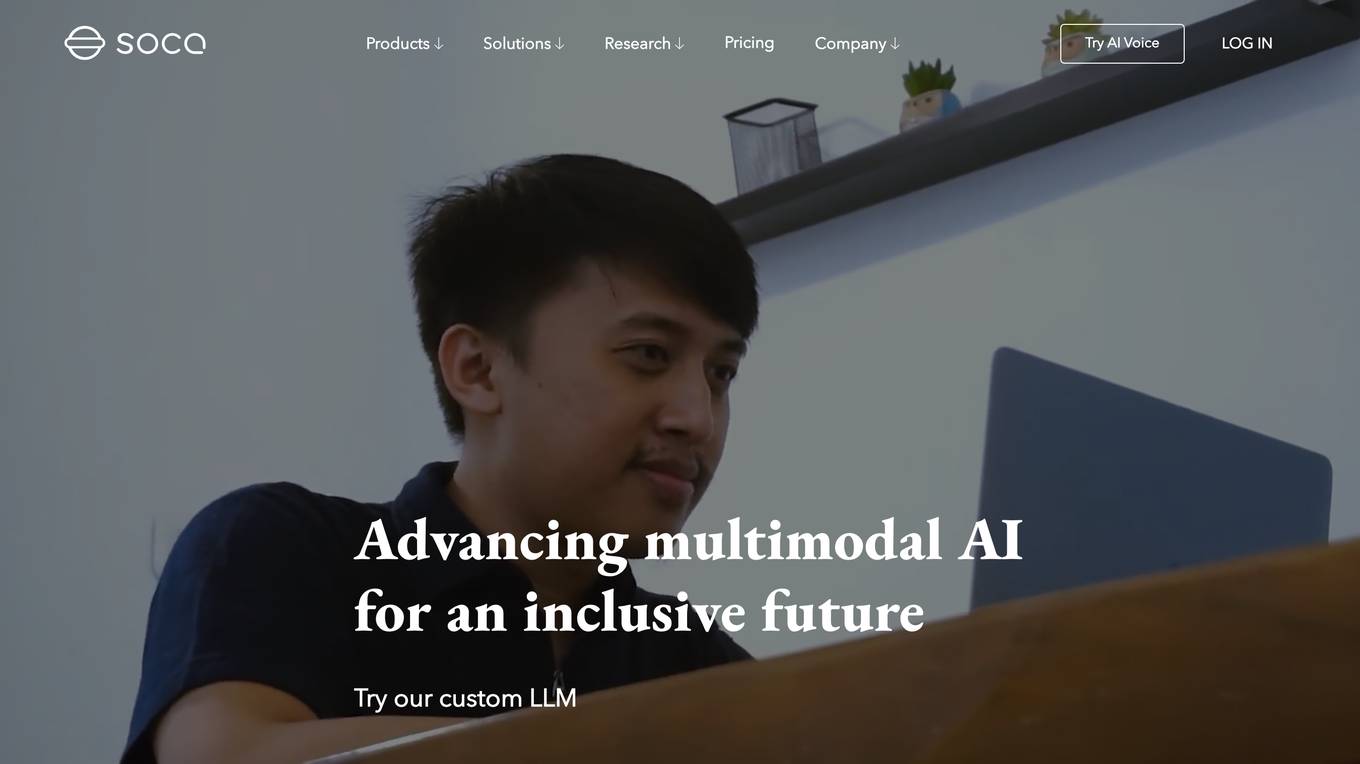
Soca AI
Soca AI is a company that specializes in language and voice technology. They offer a variety of products and services for both consumers and enterprises, including a custom LLM for enterprise, a speech and audio API, and a voice and dubbing studio. Soca AI's mission is to democratize creativity and productivity through AI, and they are committed to developing multimodal AI systems that unleash superhuman potential.
2 - Open Source AI Tools
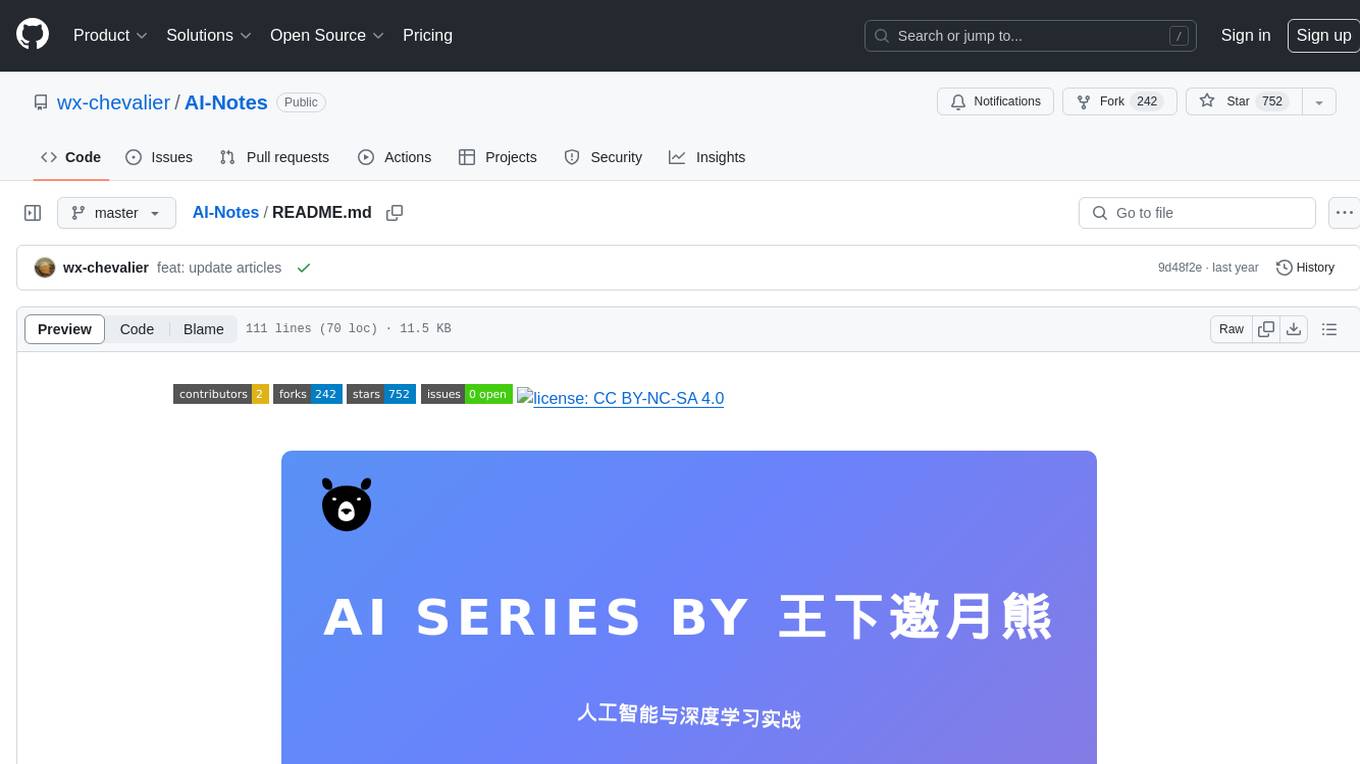
AI-Notes
AI-Notes is a repository dedicated to practical applications of artificial intelligence and deep learning. It covers concepts such as data mining, machine learning, natural language processing, and AI. The repository contains Jupyter Notebook examples for hands-on learning and experimentation. It explores the development stages of AI, from narrow artificial intelligence to general artificial intelligence and superintelligence. The content delves into machine learning algorithms, deep learning techniques, and the impact of AI on various industries like autonomous driving and healthcare. The repository aims to provide a comprehensive understanding of AI technologies and their real-world applications.

AI-LLM-ML-CS-Quant-Readings
AI-LLM-ML-CS-Quant-Readings is a repository dedicated to taking notes on Artificial Intelligence, Large Language Models, Machine Learning, Computer Science, and Quantitative Finance. It contains a wide range of resources, including theory, applications, conferences, essentials, foundations, system design, computer systems, finance, and job interview questions. The repository covers topics such as AI systems, multi-agent systems, deep learning theory and applications, system design interviews, C++ design patterns, high-frequency finance, algorithmic trading, stochastic volatility modeling, and quantitative investing. It is a comprehensive collection of materials for individuals interested in these fields.
20 - OpenAI Gpts

Throw a Wrench In Your Plans GPT
As "Throw a Wrench in Your Plans GPT", I provide expert guidance on skilled trades and AI adoption, inspired by TWYP Media
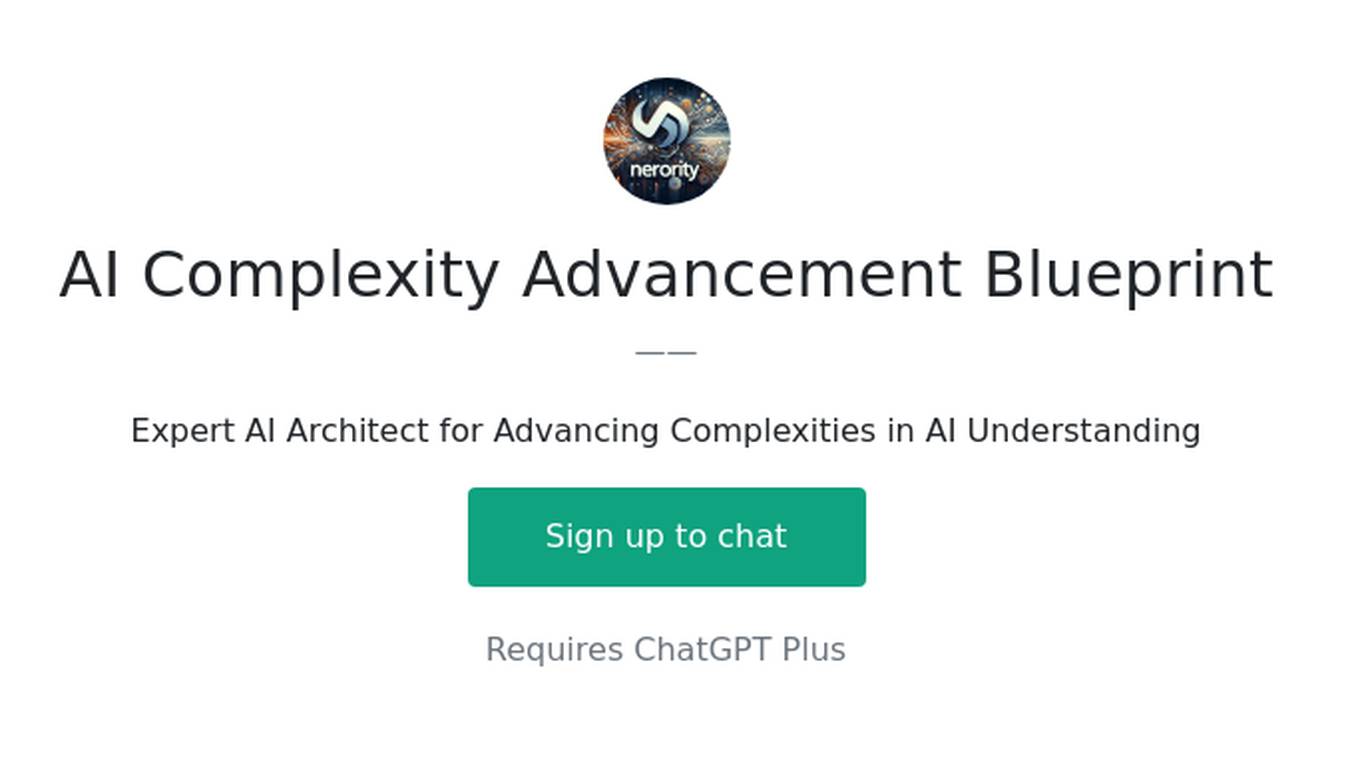
AI Complexity Advancement Blueprint
Expert AI Architect for Advancing Complexities in AI Understanding
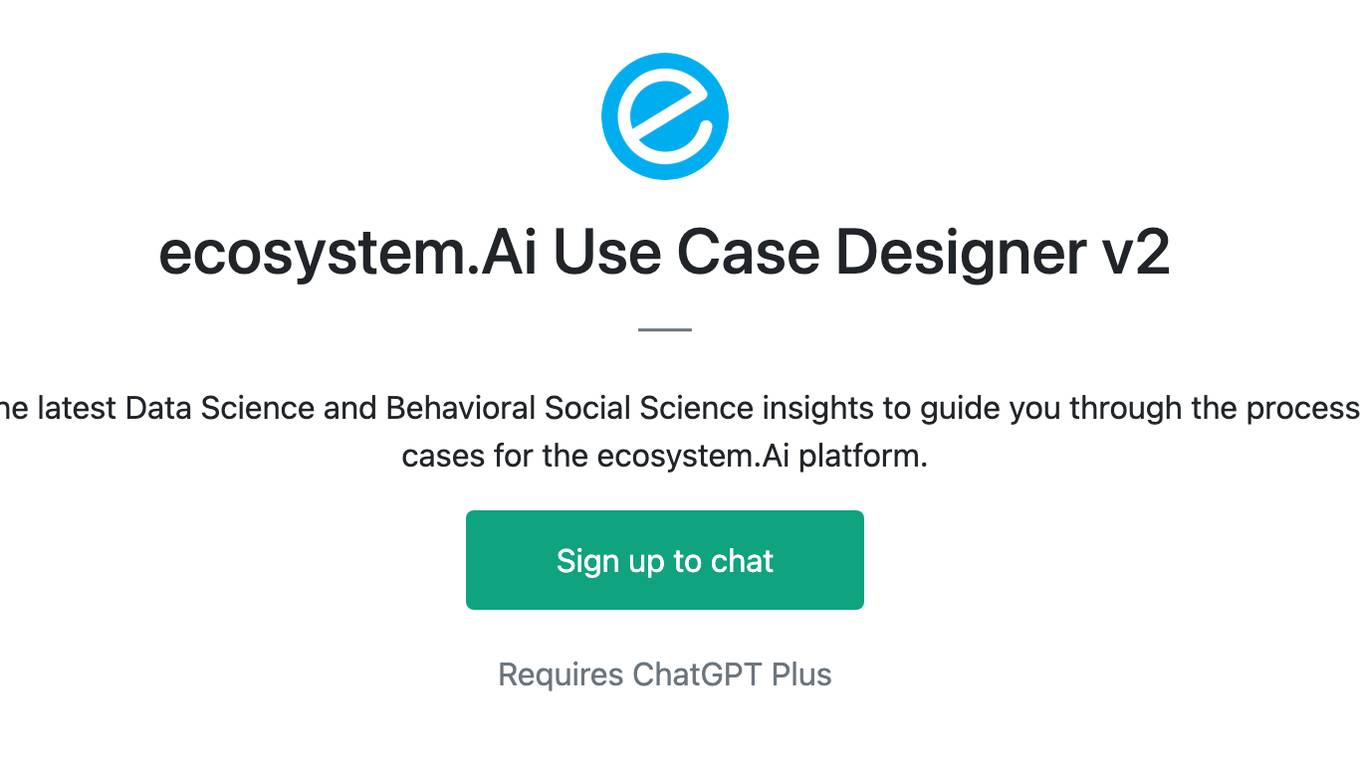
ecosystem.Ai Use Case Designer v2
The use case designer is configured with the latest Data Science and Behavioral Social Science insights to guide you through the process of defining AI and Machine Learning use cases for the ecosystem.Ai platform.
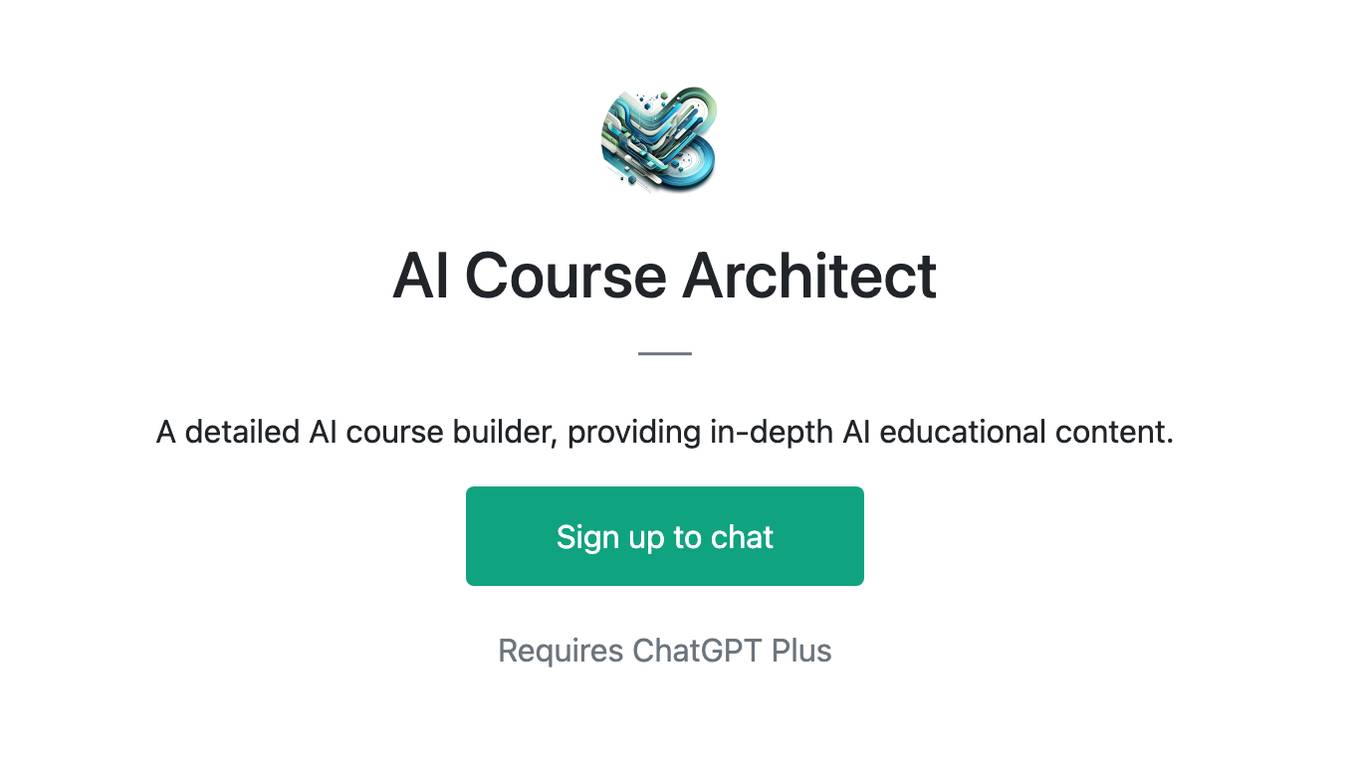
AI Course Architect
A detailed AI course builder, providing in-depth AI educational content.
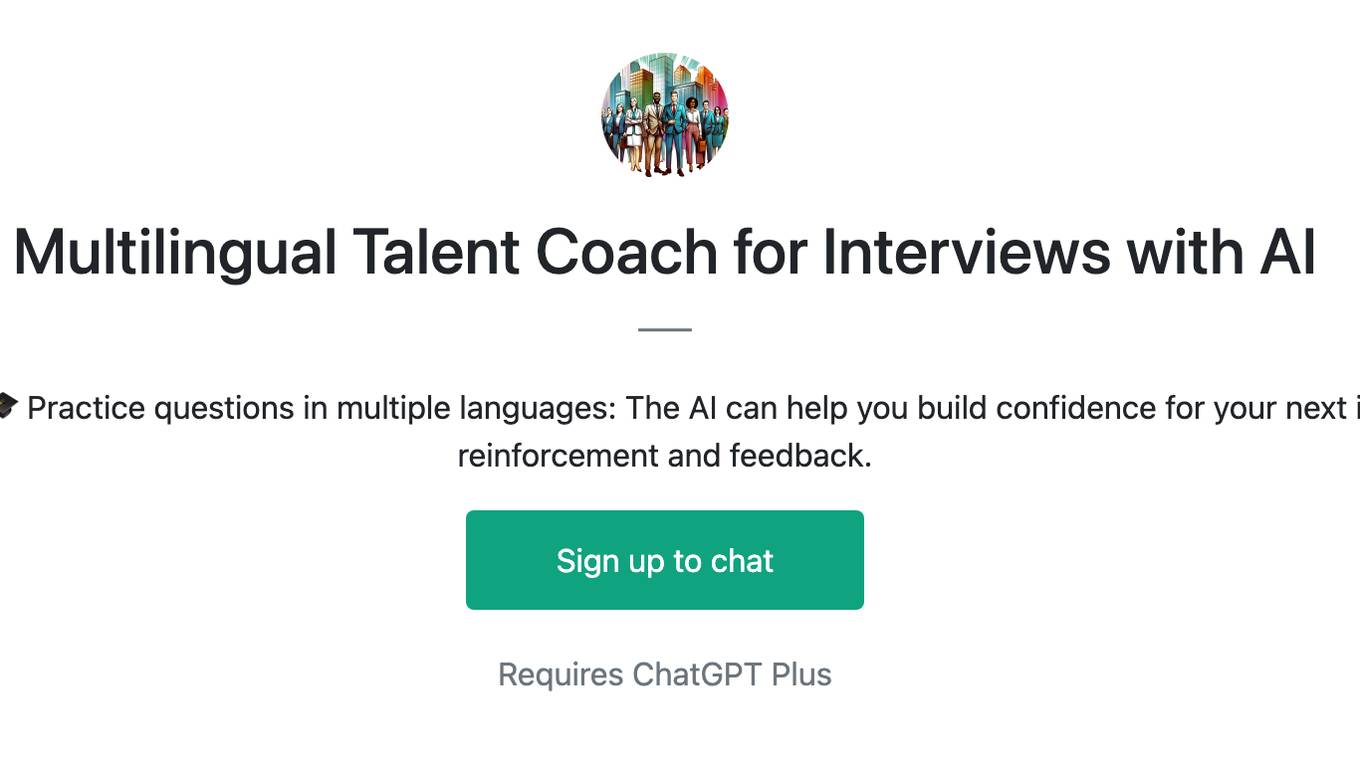
Multilingual Talent Coach for Interviews with AI
Your go-to coach for career growth 👨👩🎓 Practice questions in multiple languages: The AI can help you build confidence for your next interview by providing you with positive reinforcement and feedback.
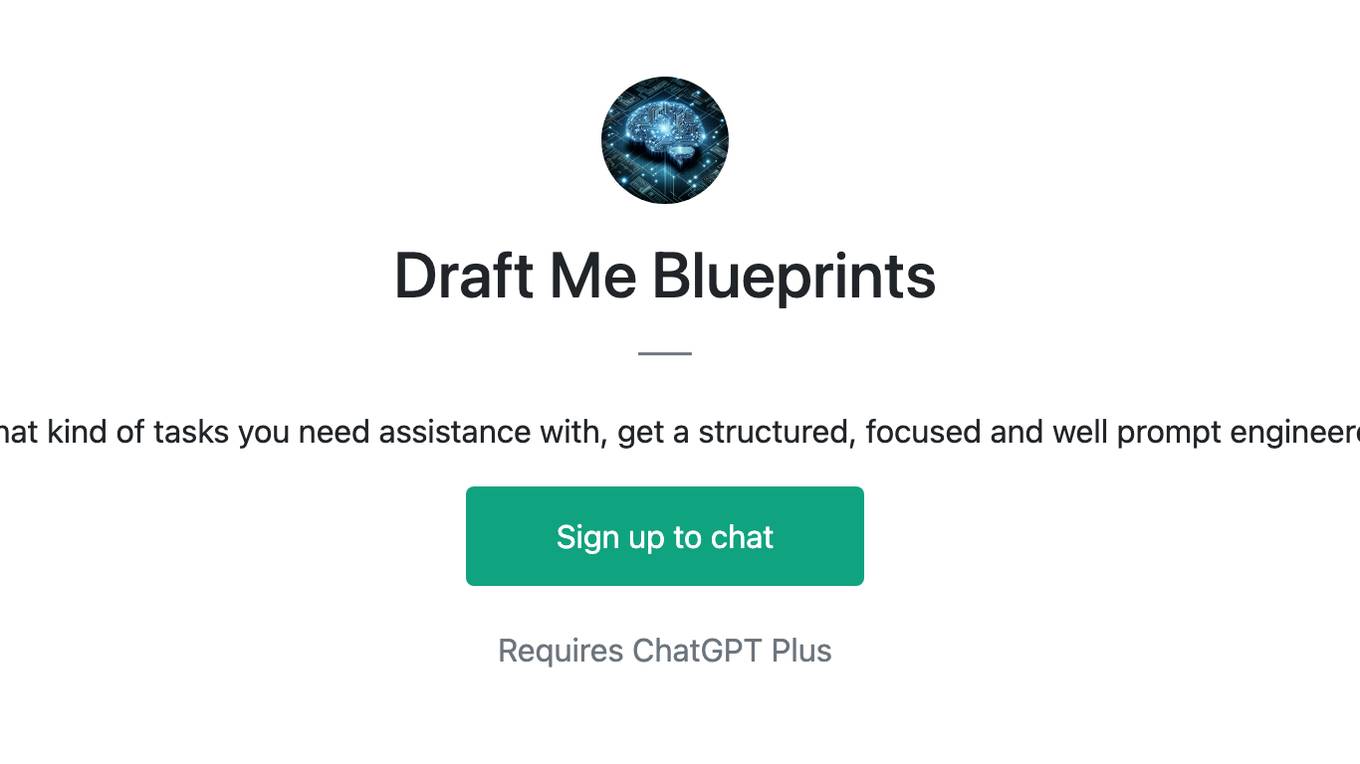
Draft Me Blueprints
Describe the AI you want to build and what kind of tasks you need assistance with, get a structured, focused and well prompt engineered blueprint to paste into GPT-Builder.
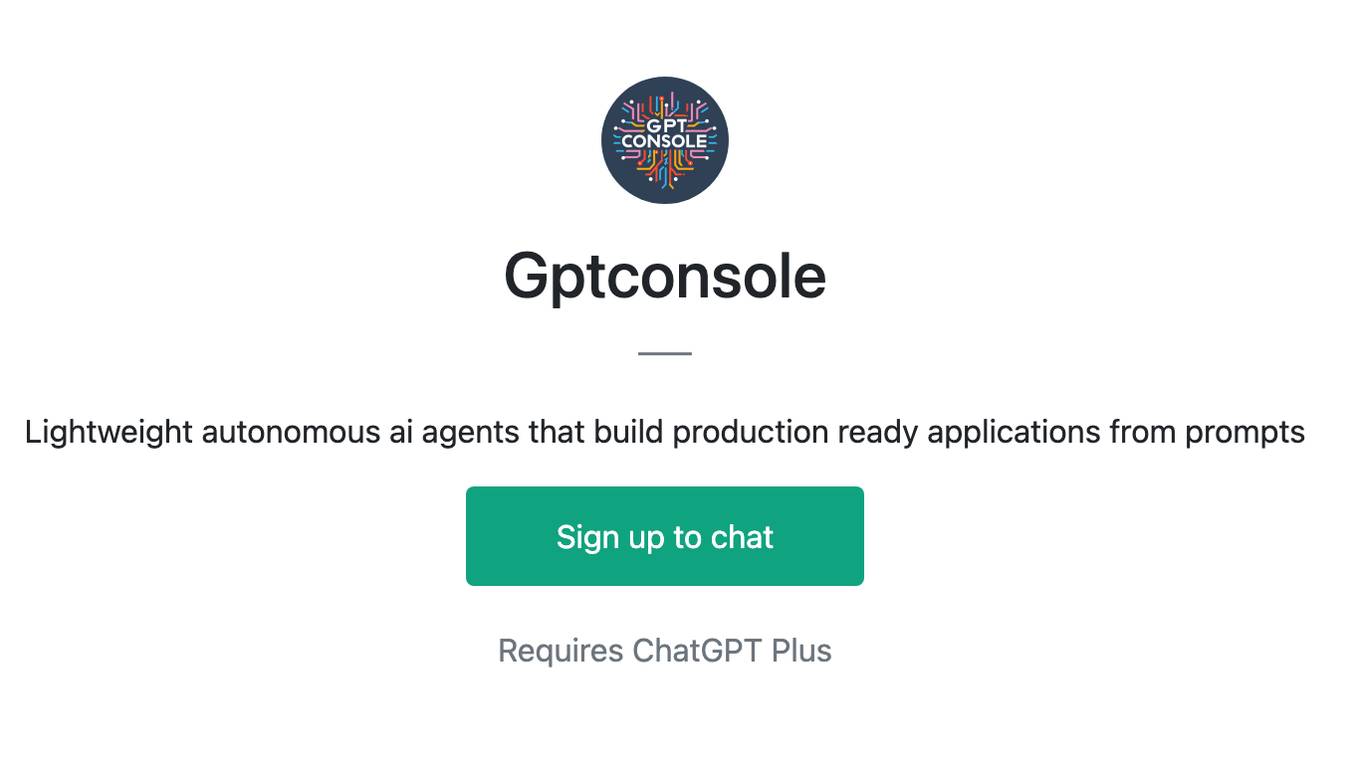
Gptconsole
Lightweight autonomous ai agents that build production ready applications from prompts
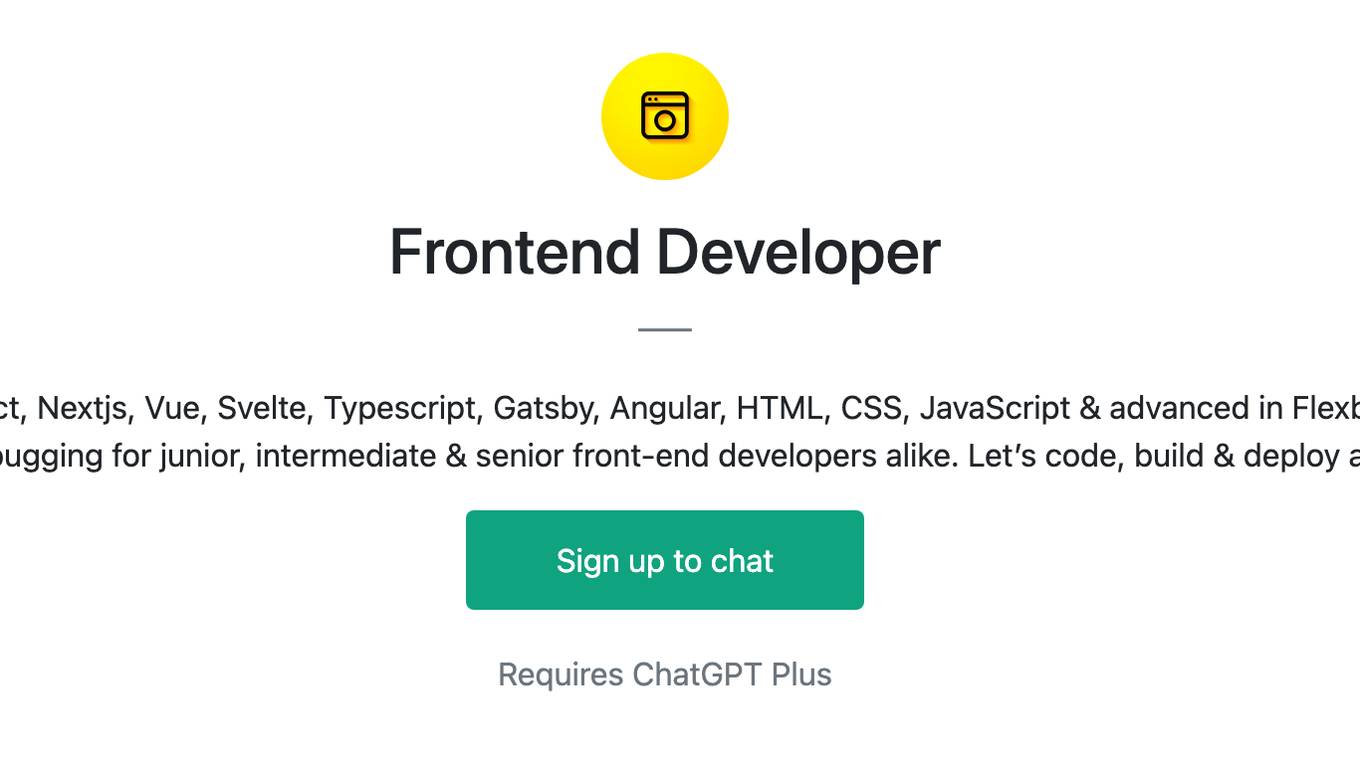
Frontend Developer
AI front-end developer expert in coding React, Nextjs, Vue, Svelte, Typescript, Gatsby, Angular, HTML, CSS, JavaScript & advanced in Flexbox, Tailwind & Material Design. Mentors in coding & debugging for junior, intermediate & senior front-end developers alike. Let’s code, build & deploy a SaaS app.
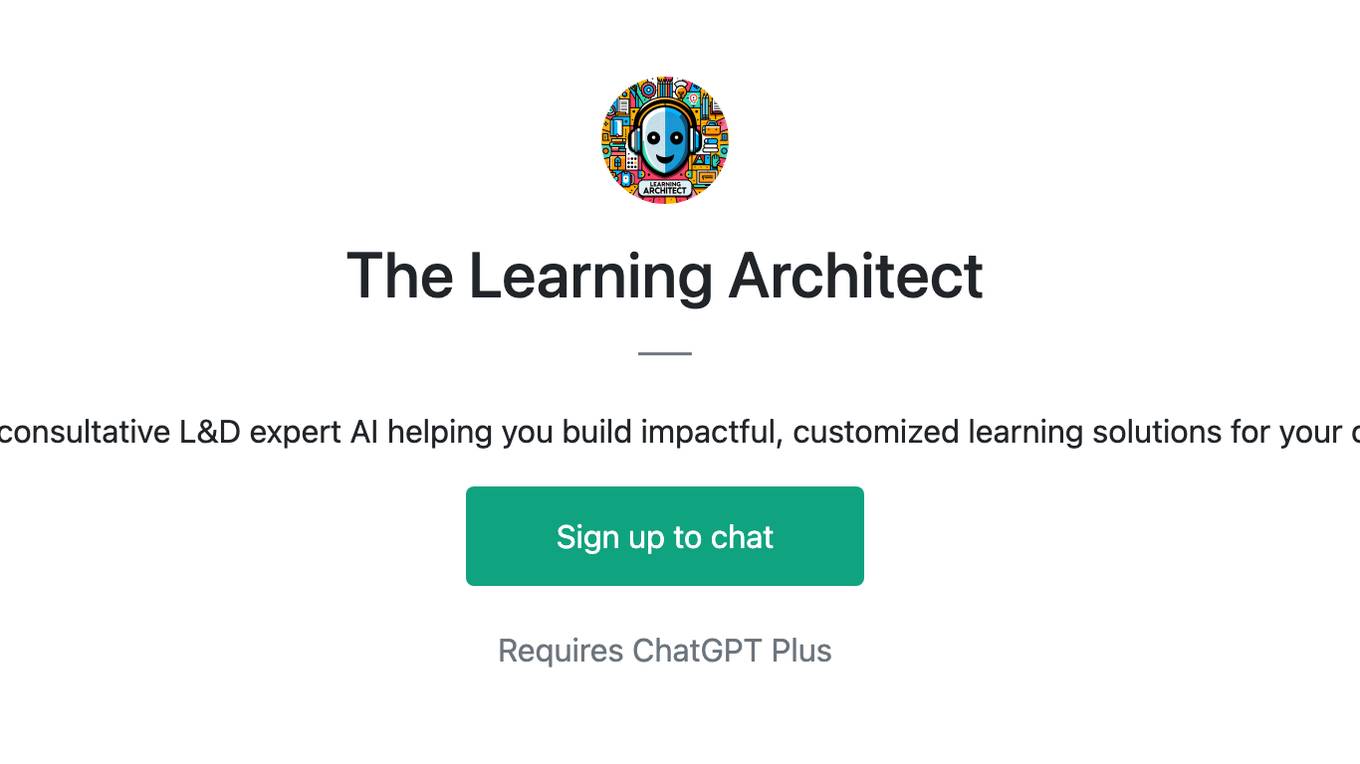
The Learning Architect
An all-in-one, consultative L&D expert AI helping you build impactful, customized learning solutions for your organization.


